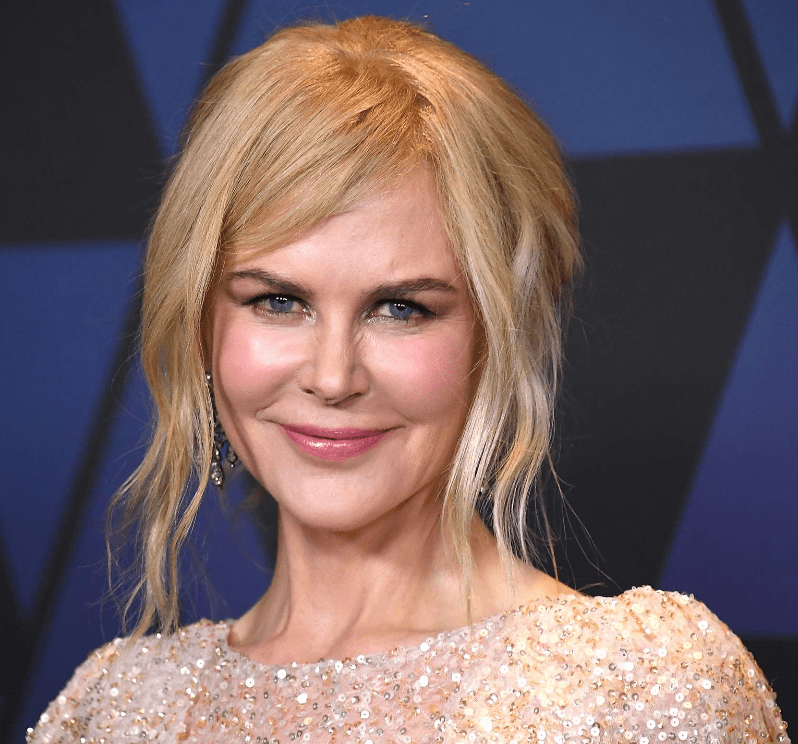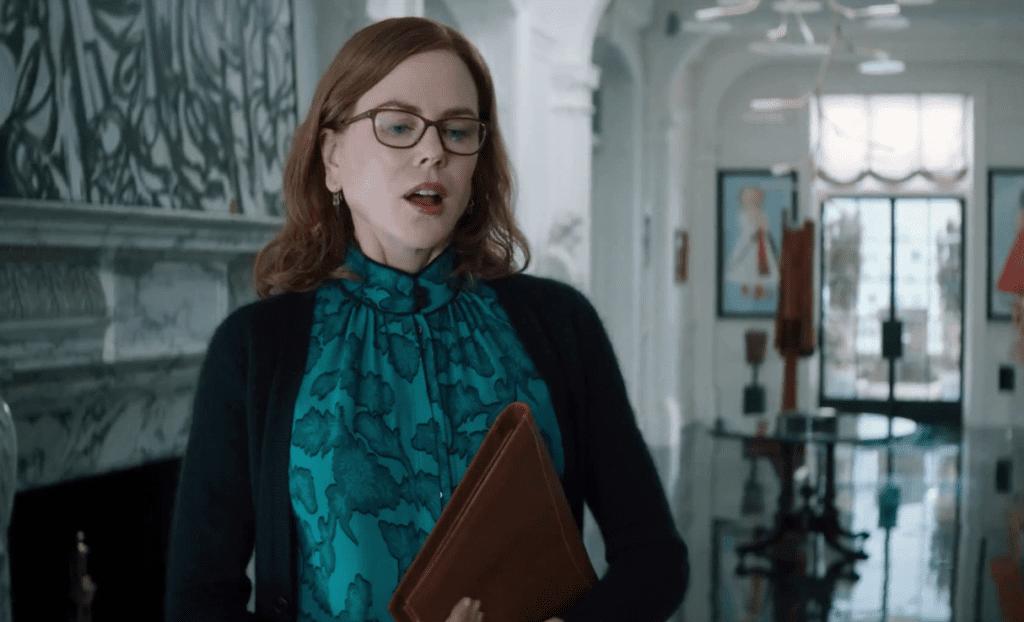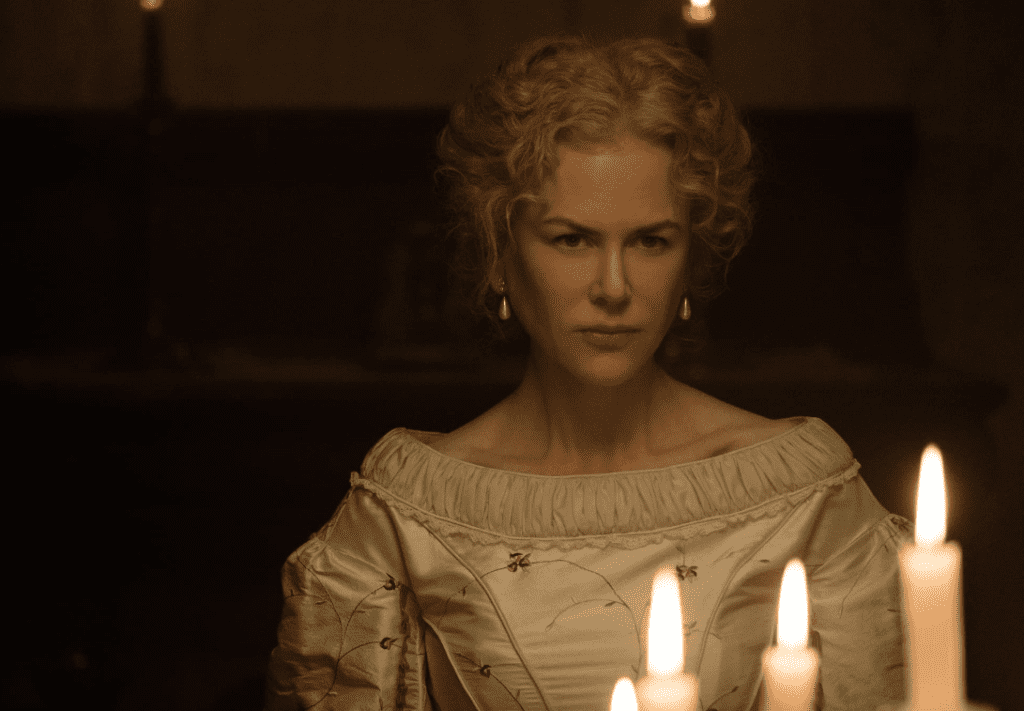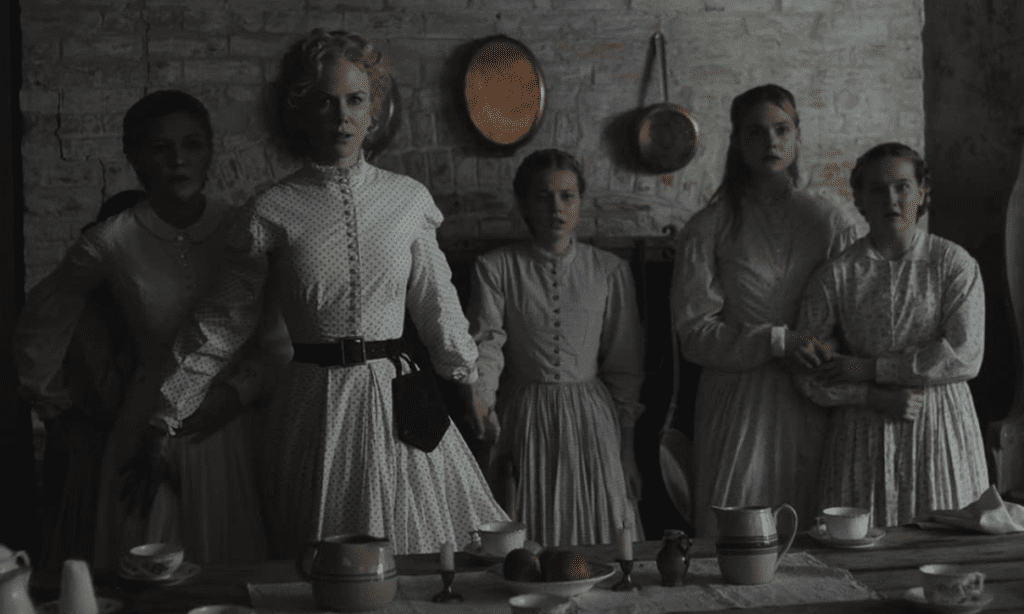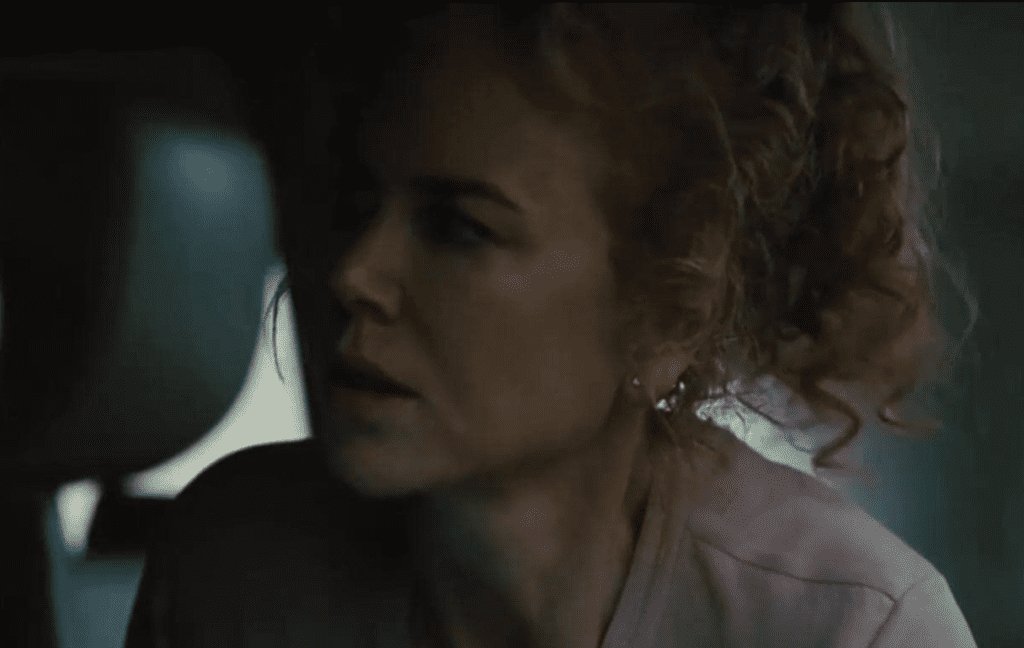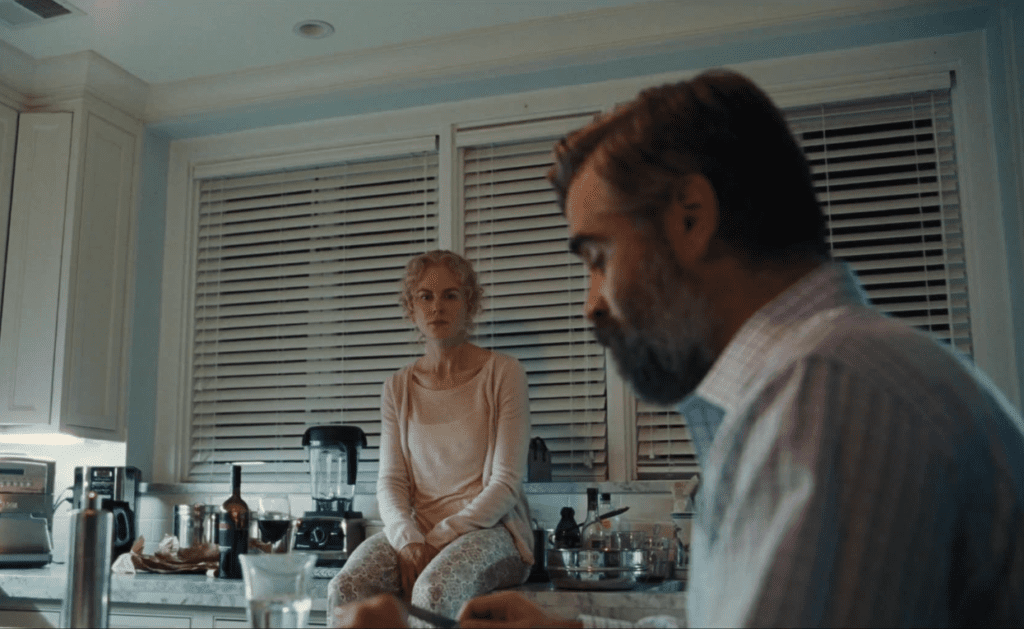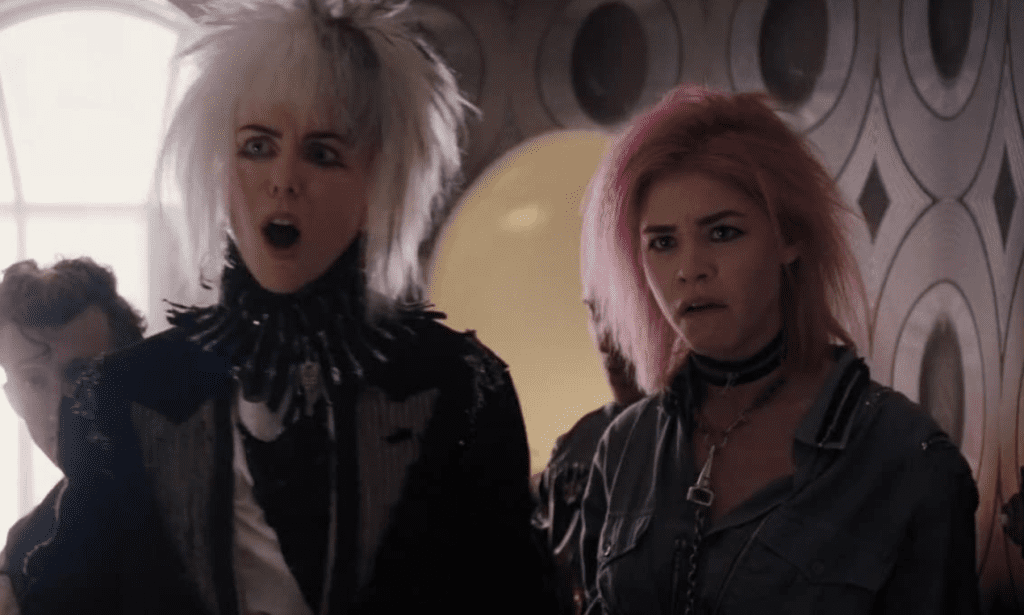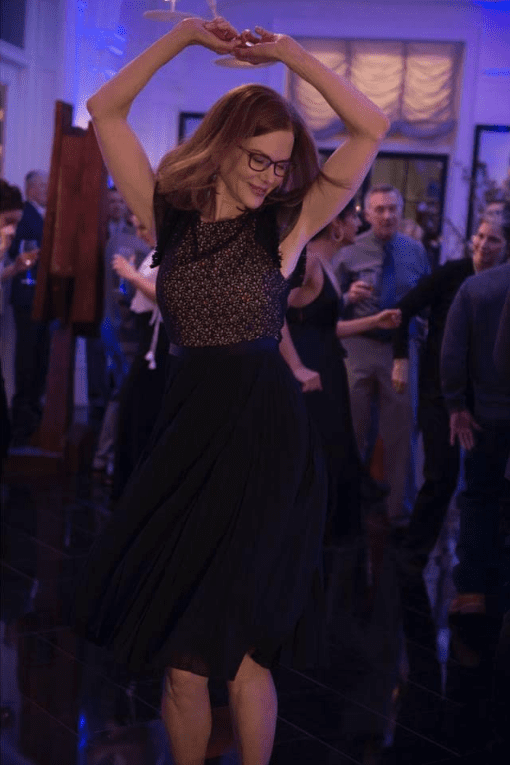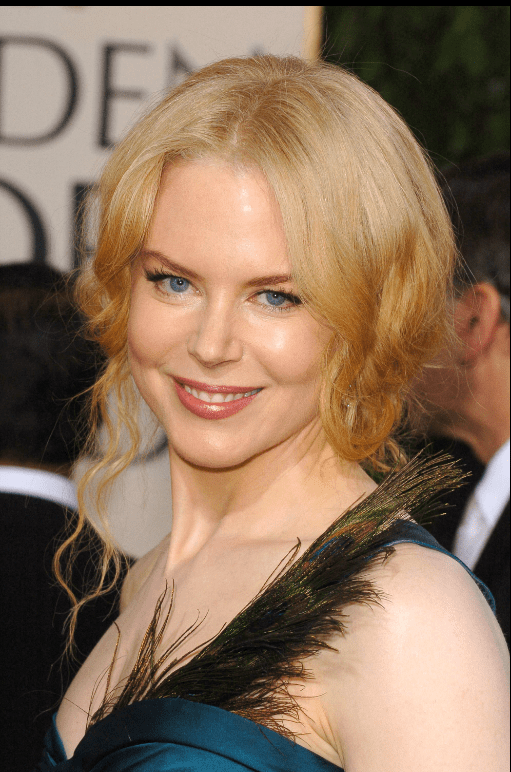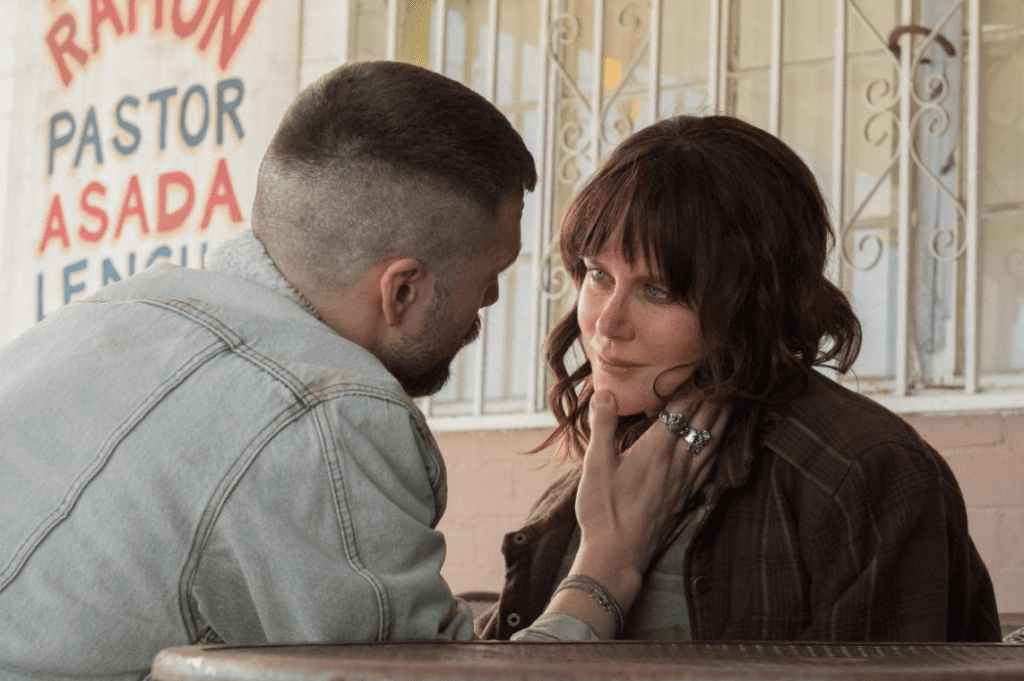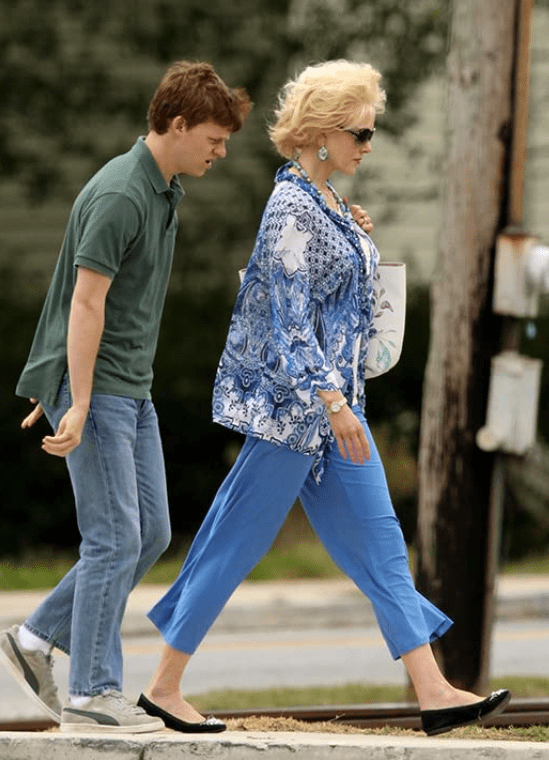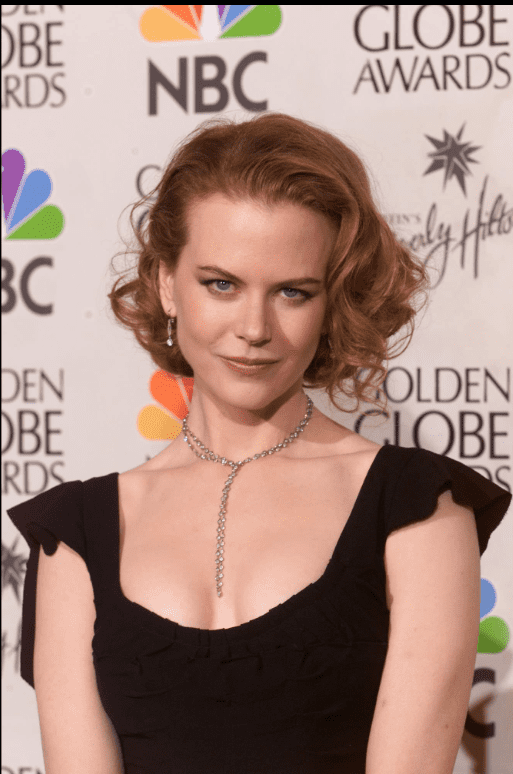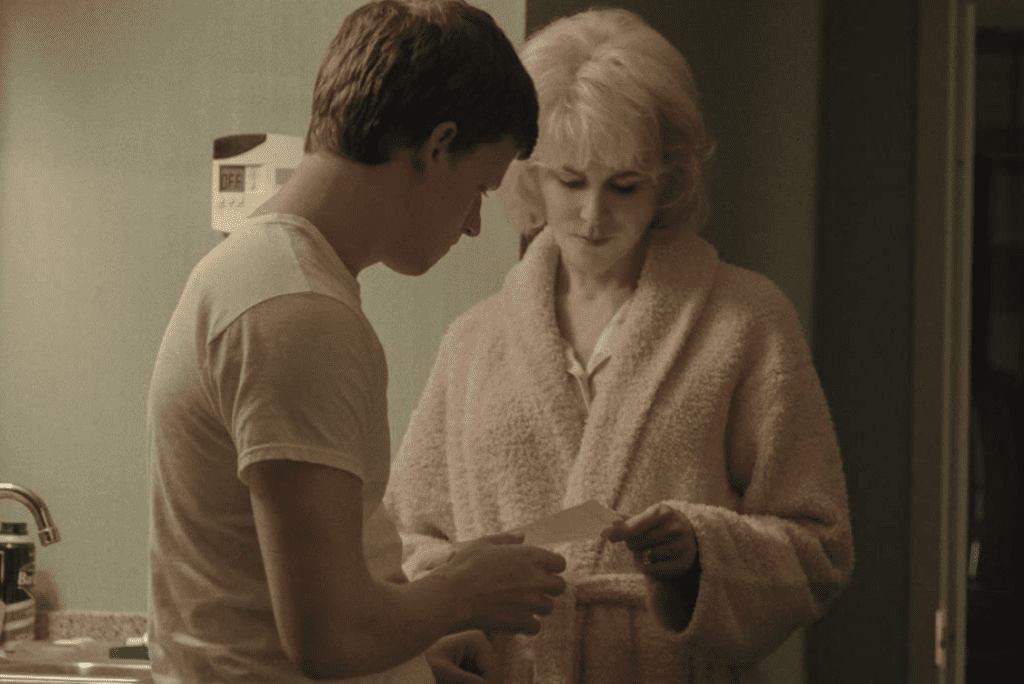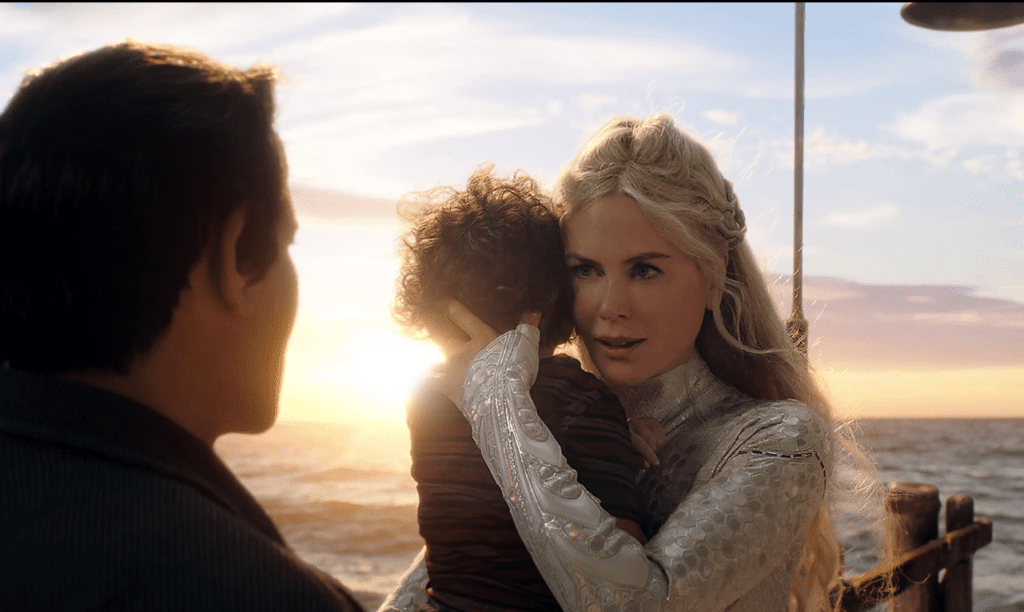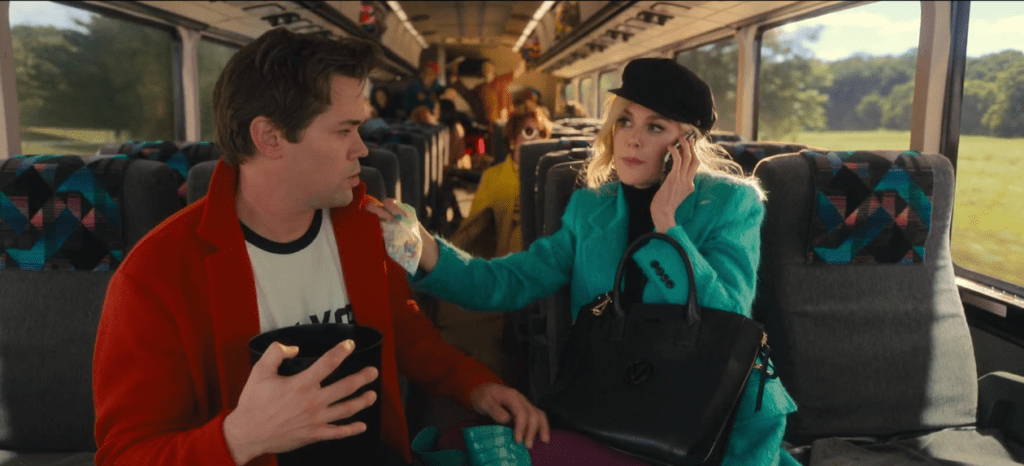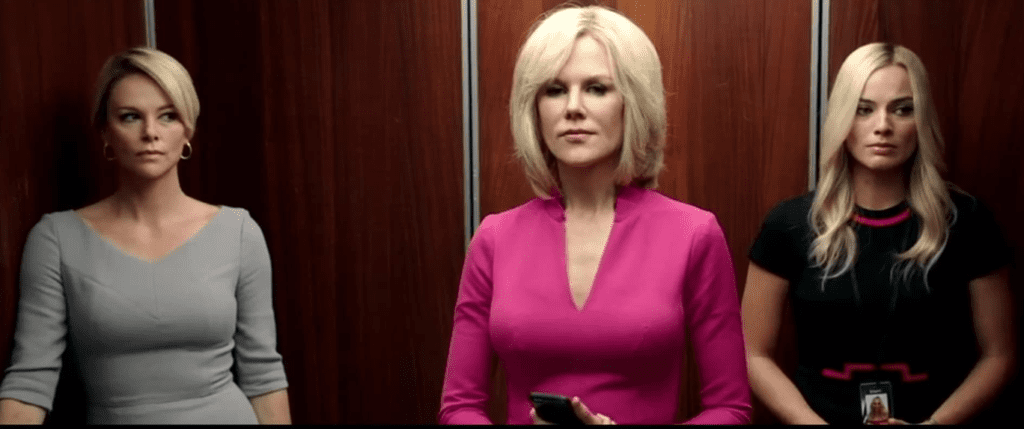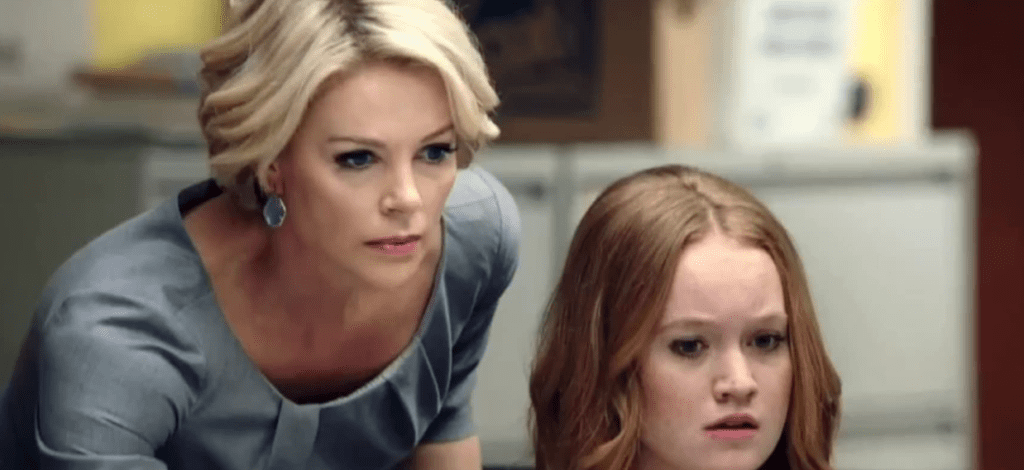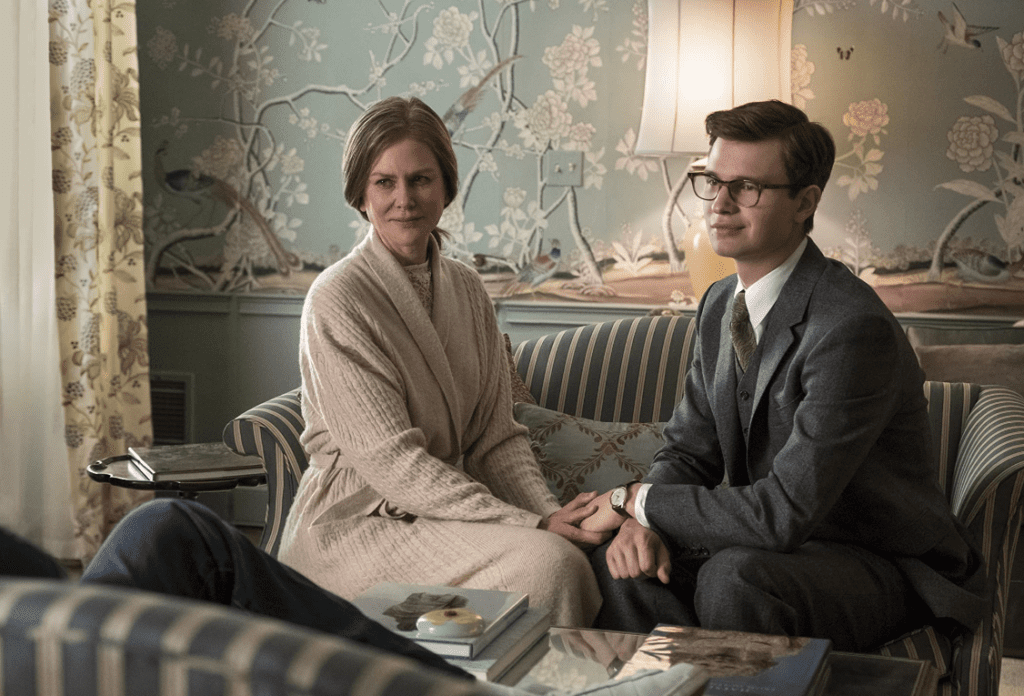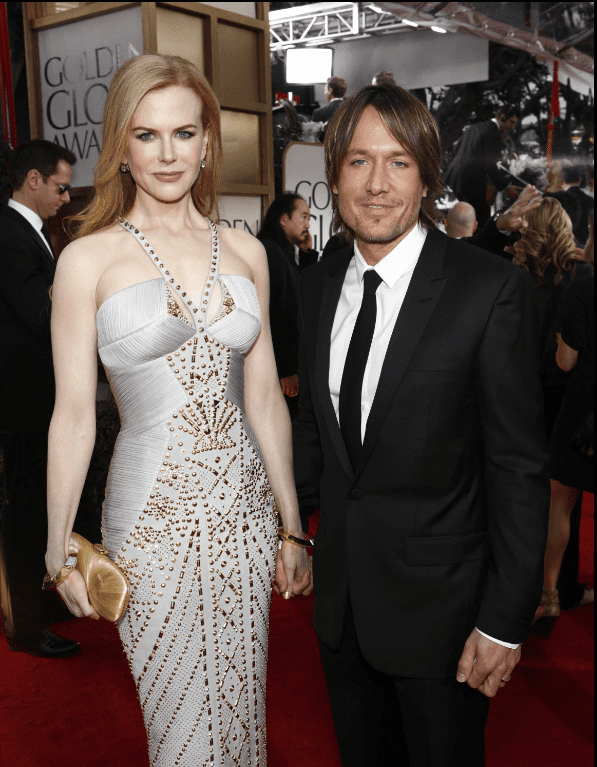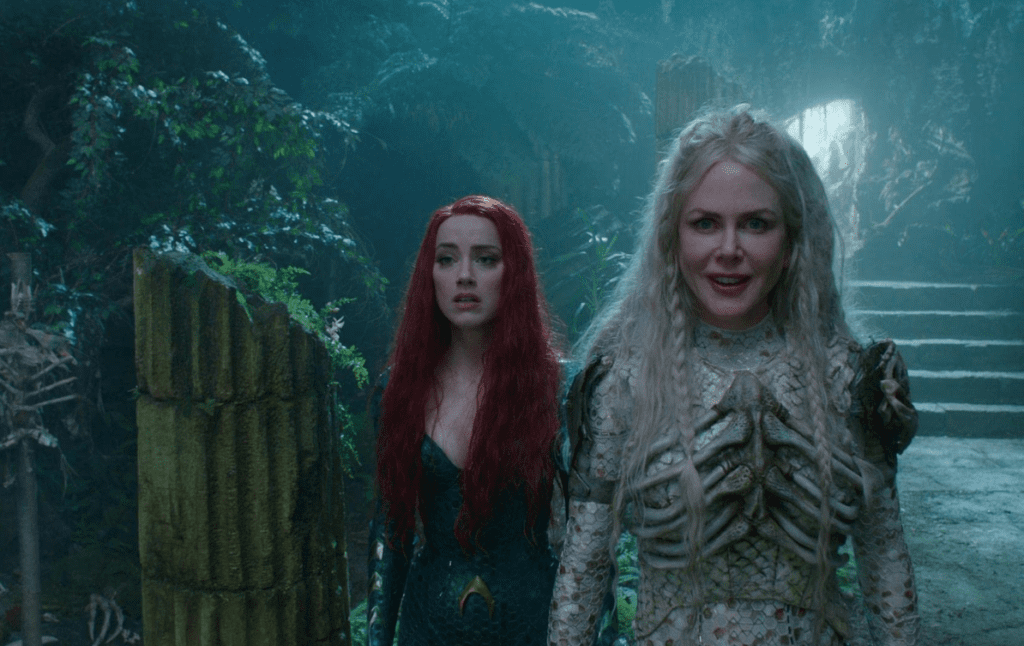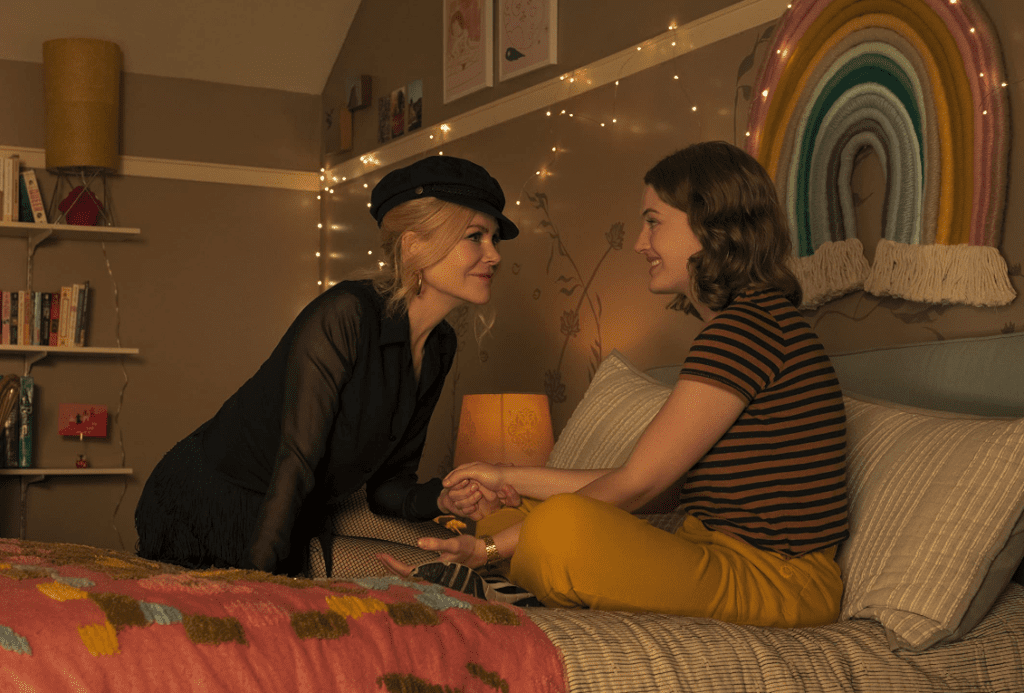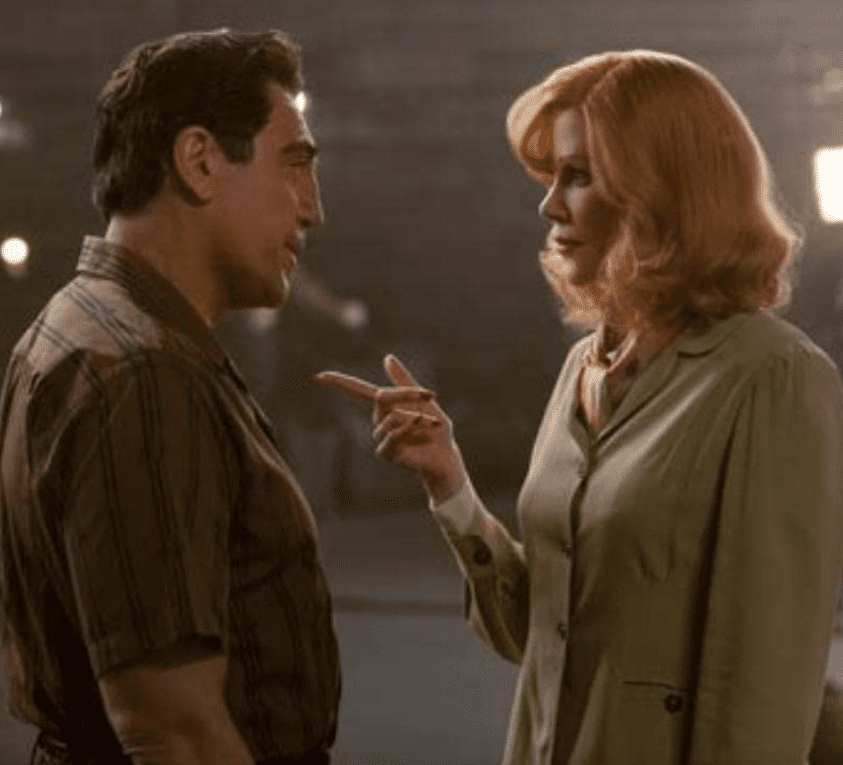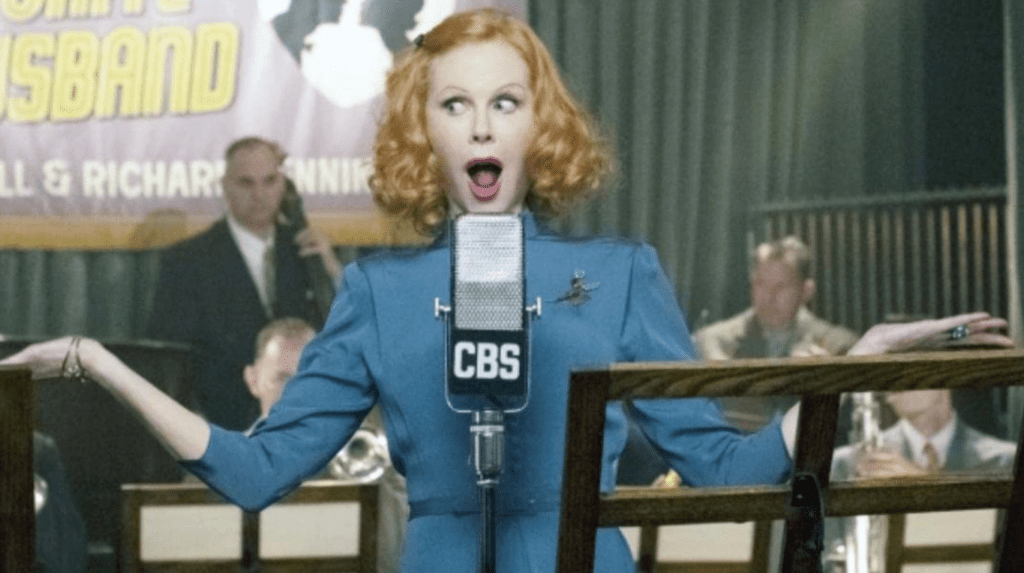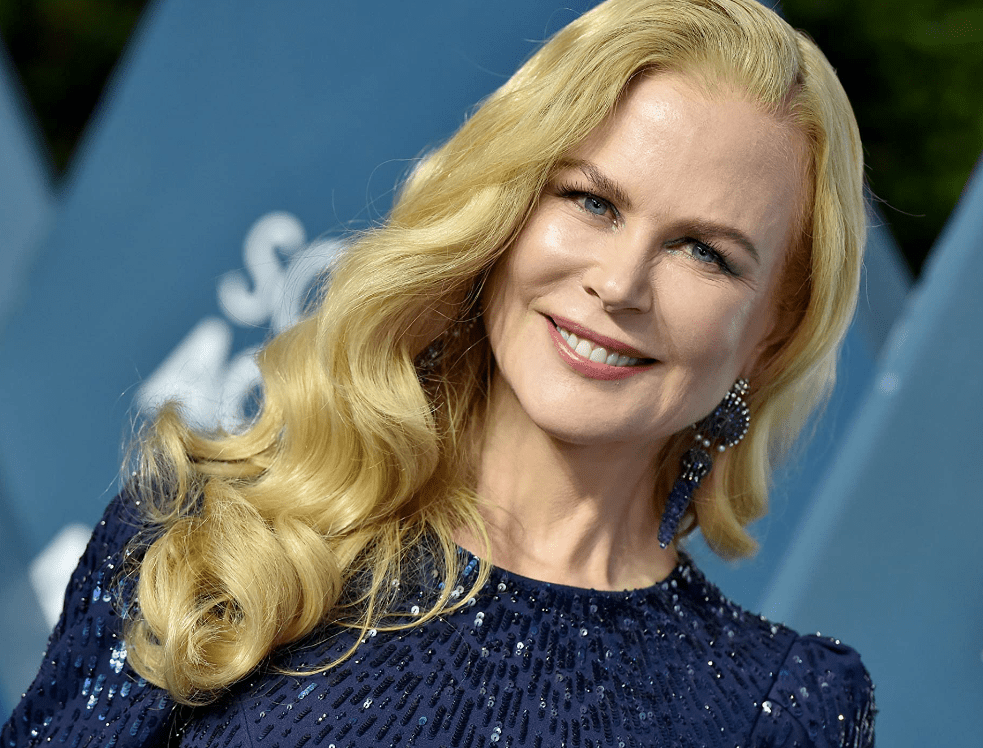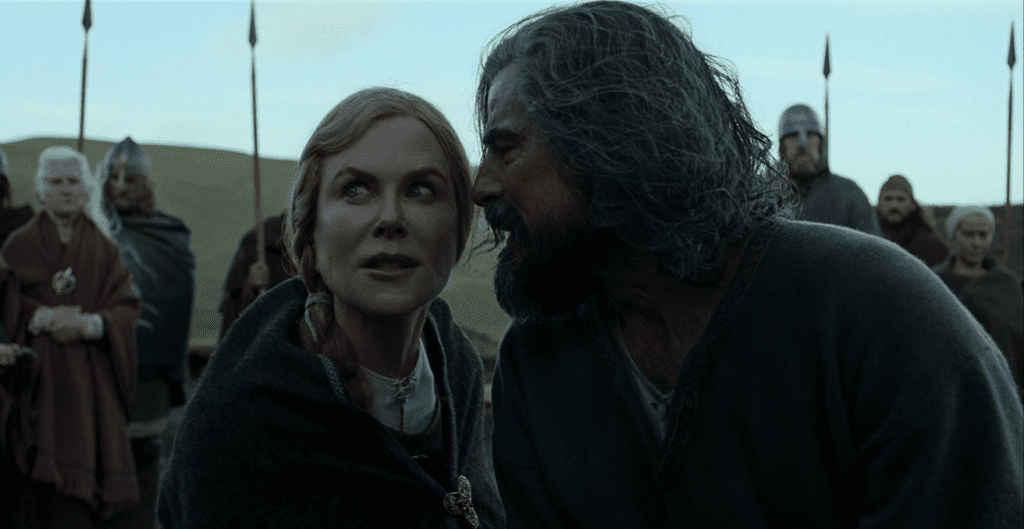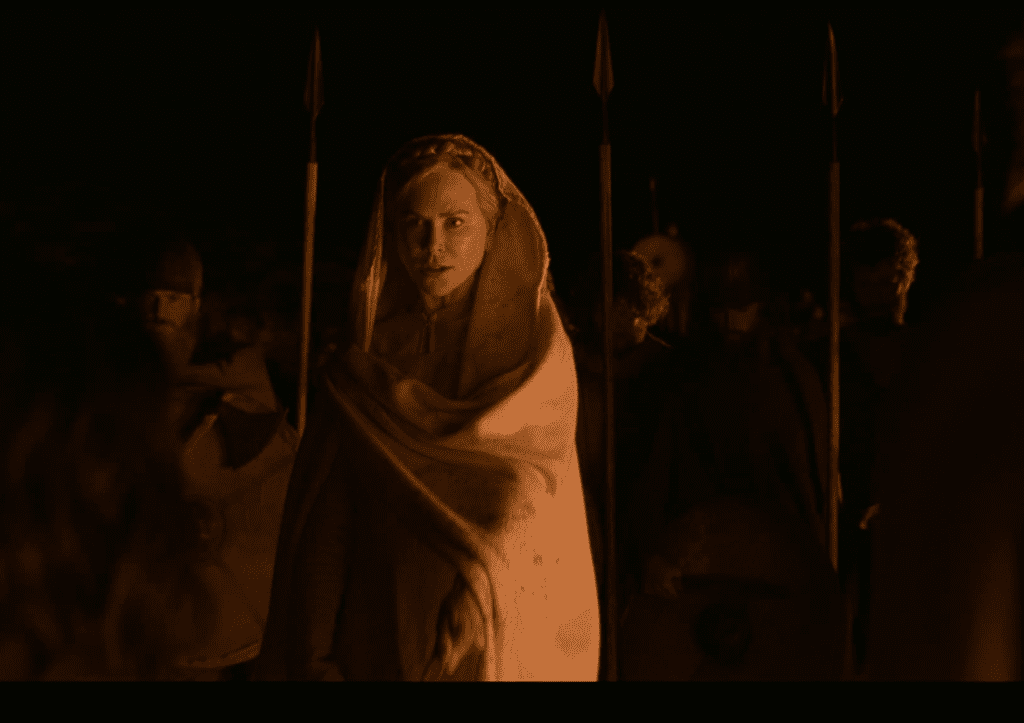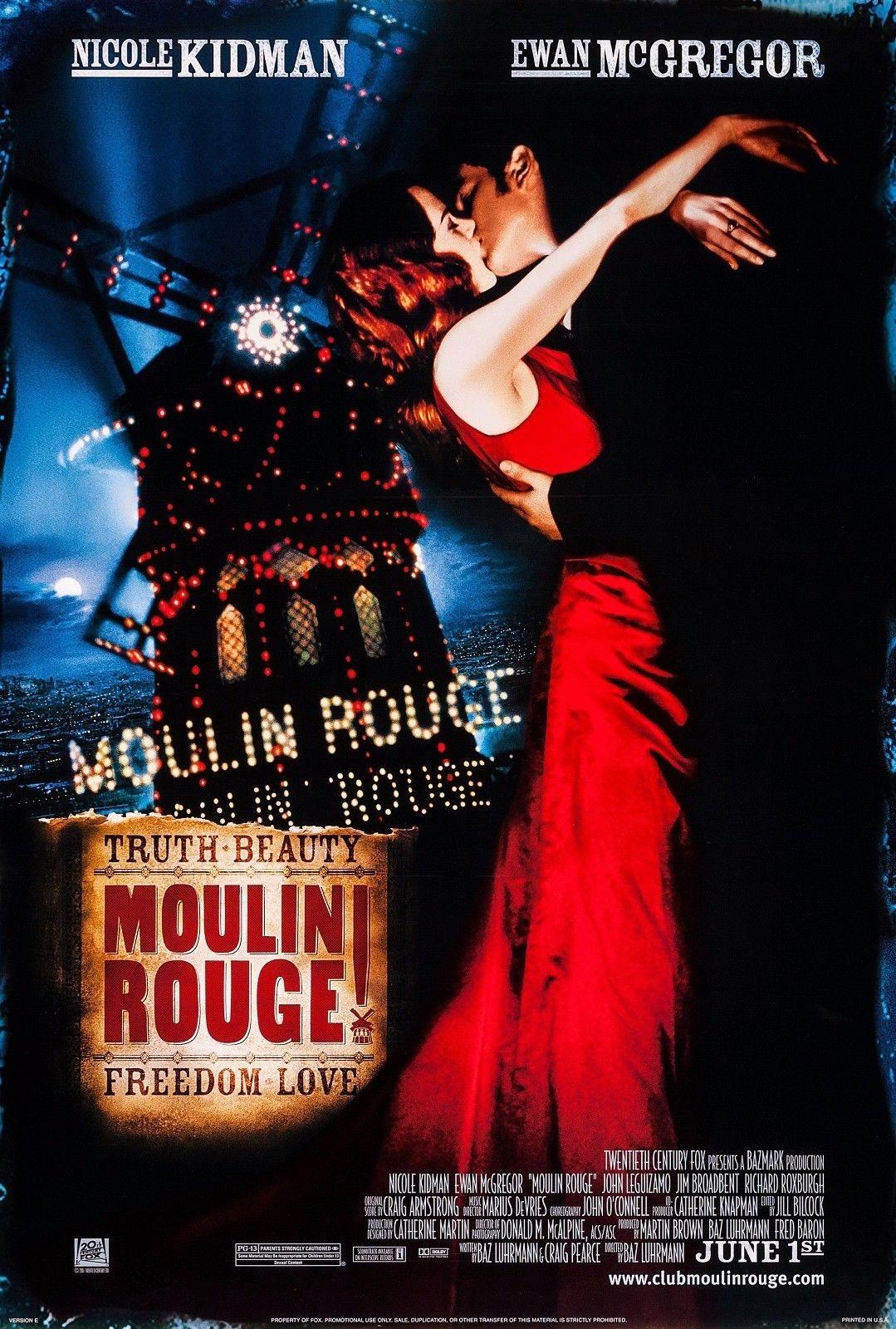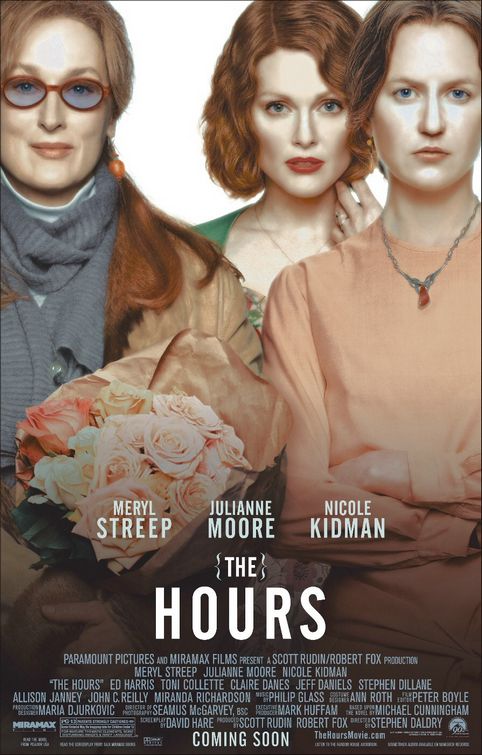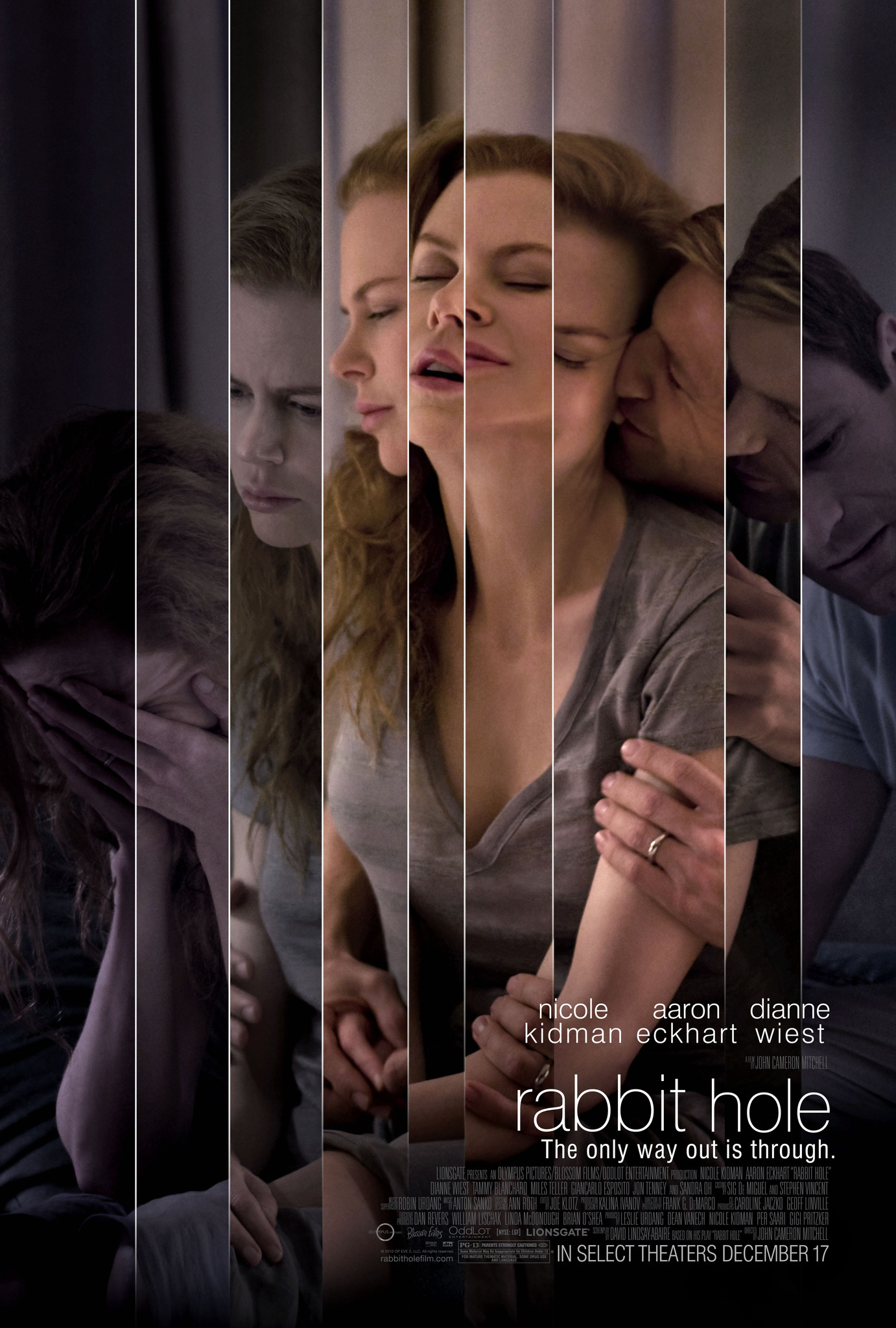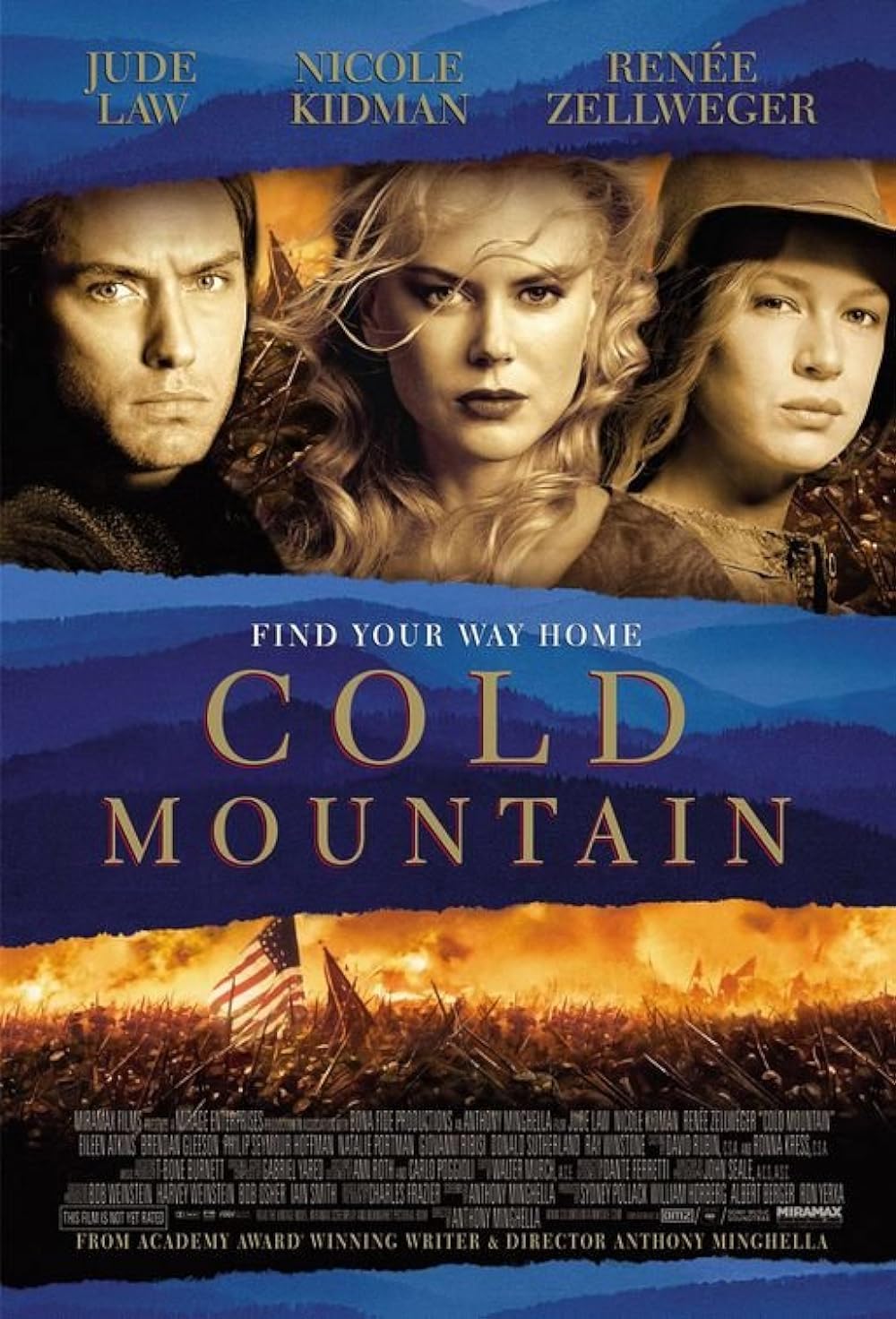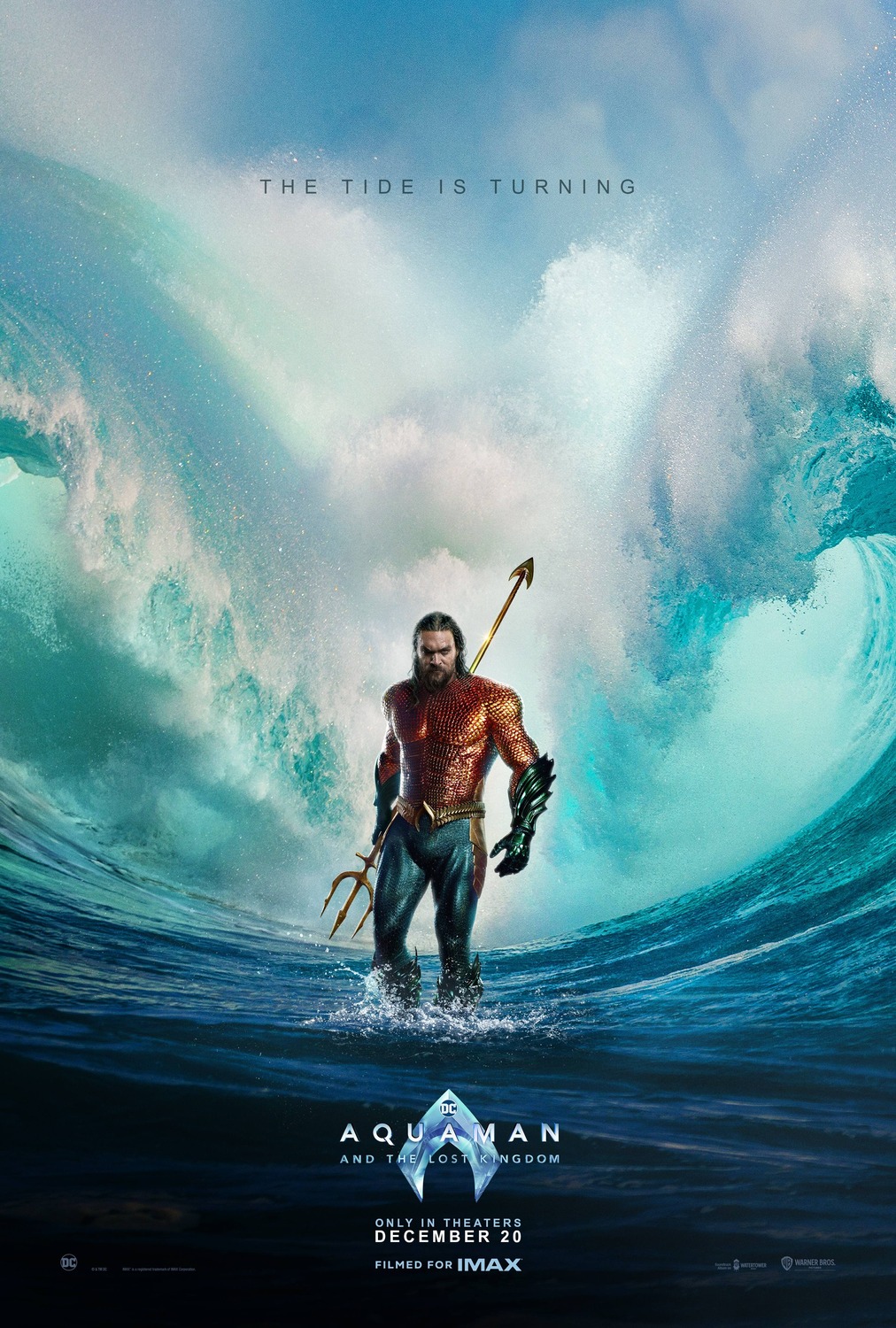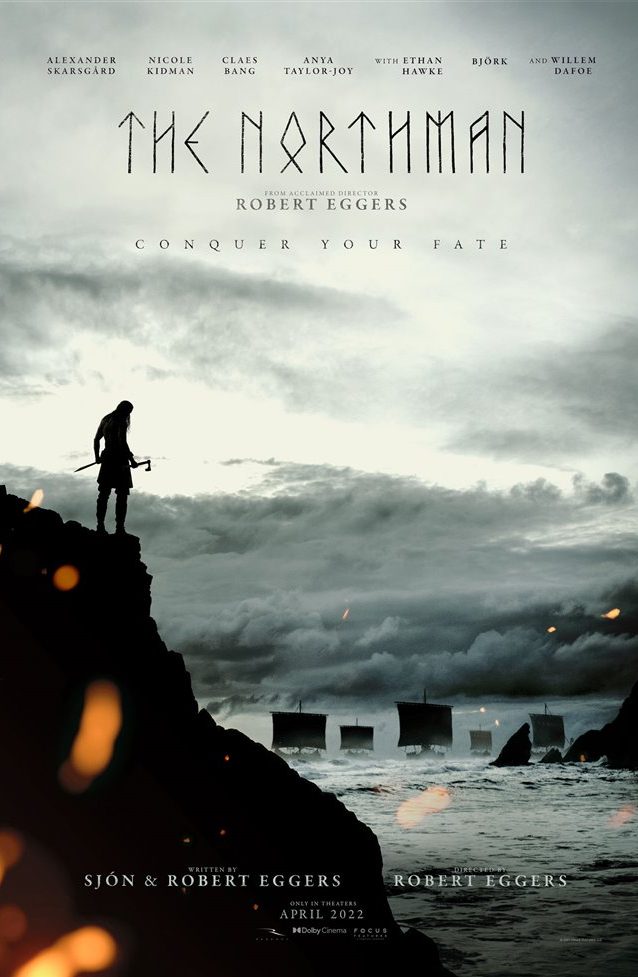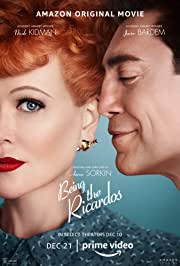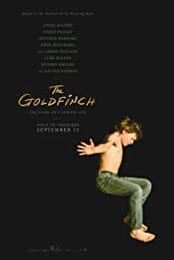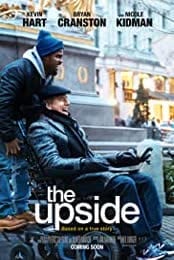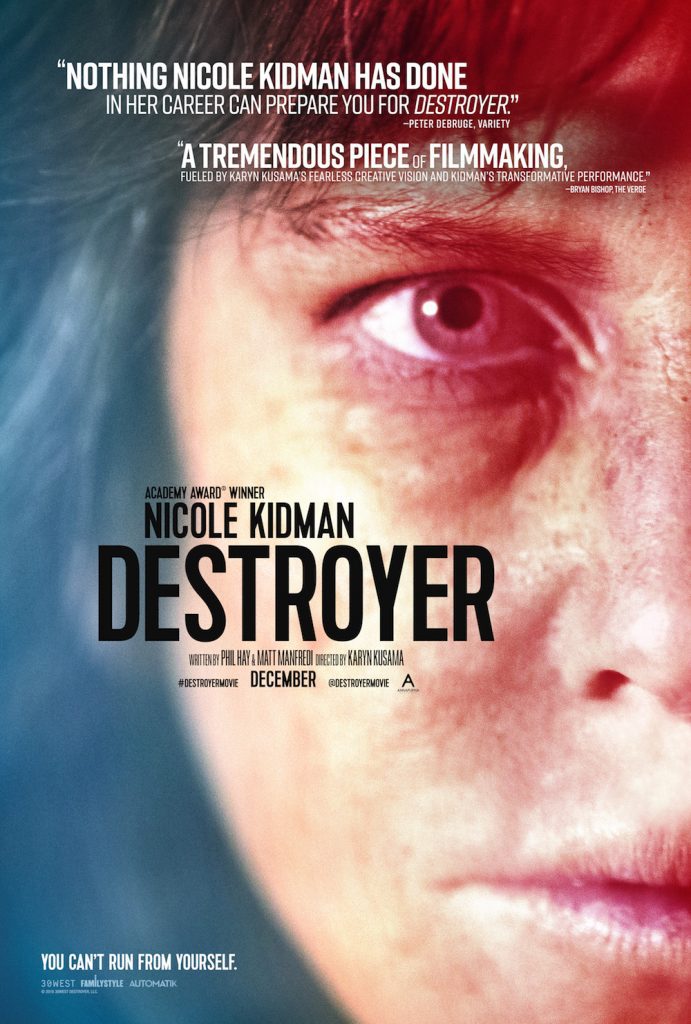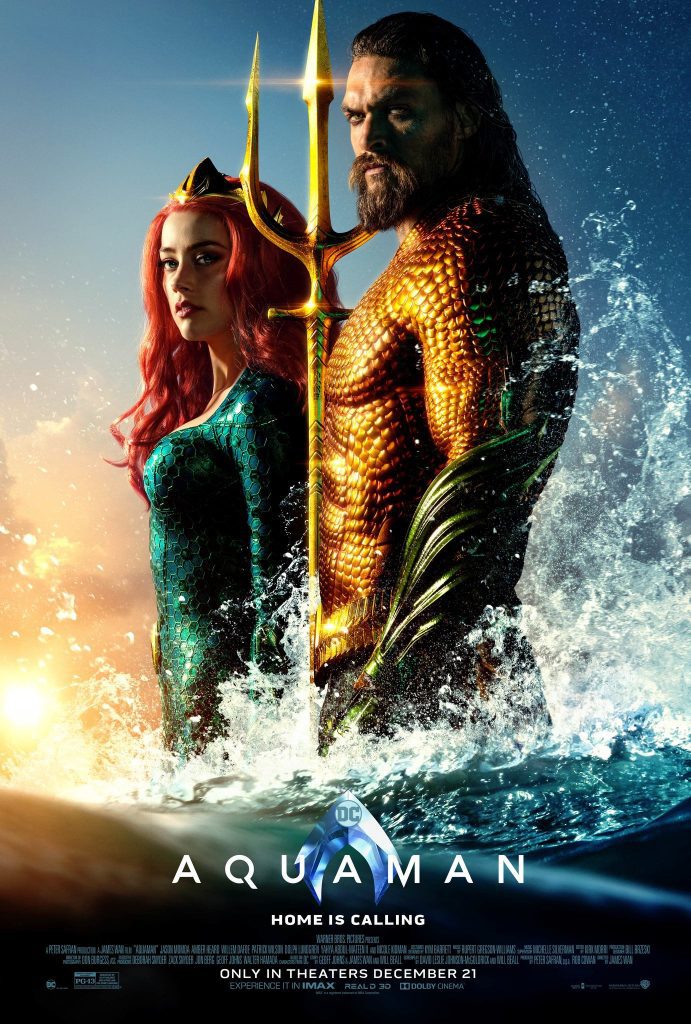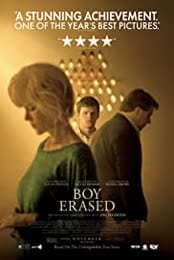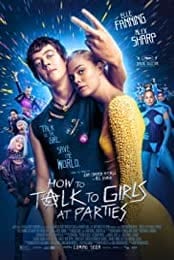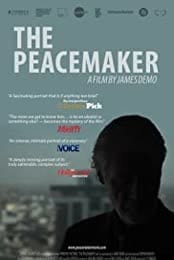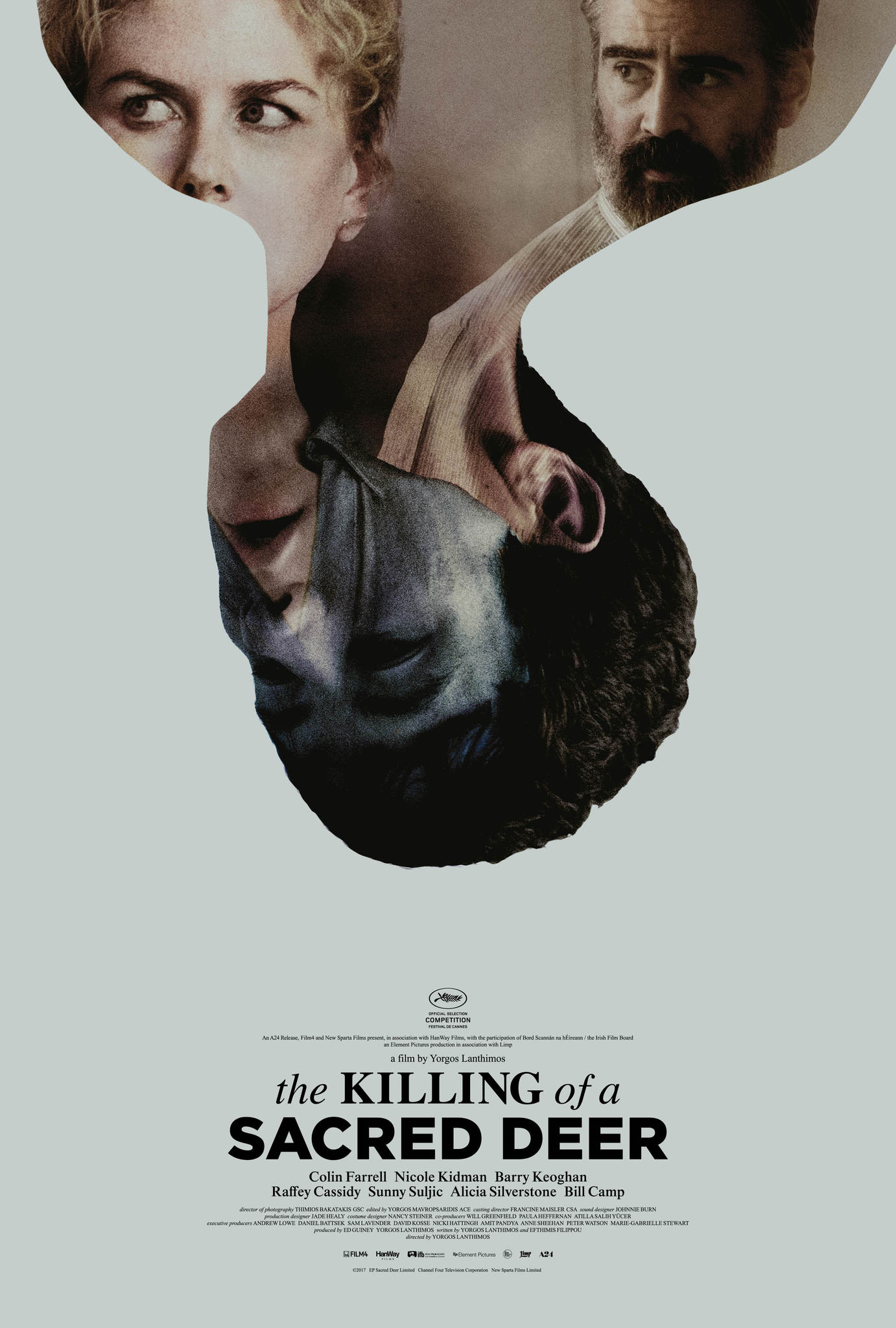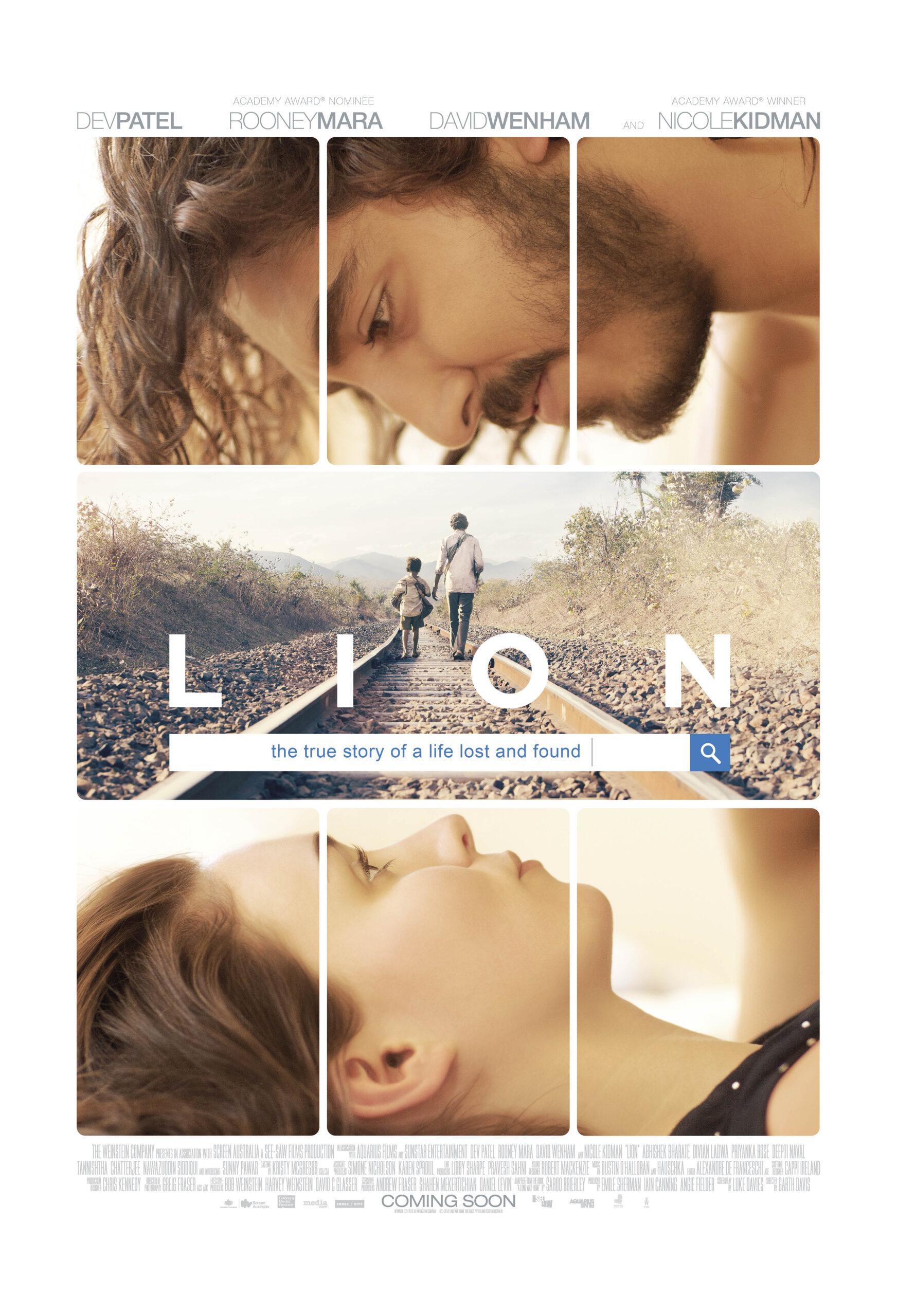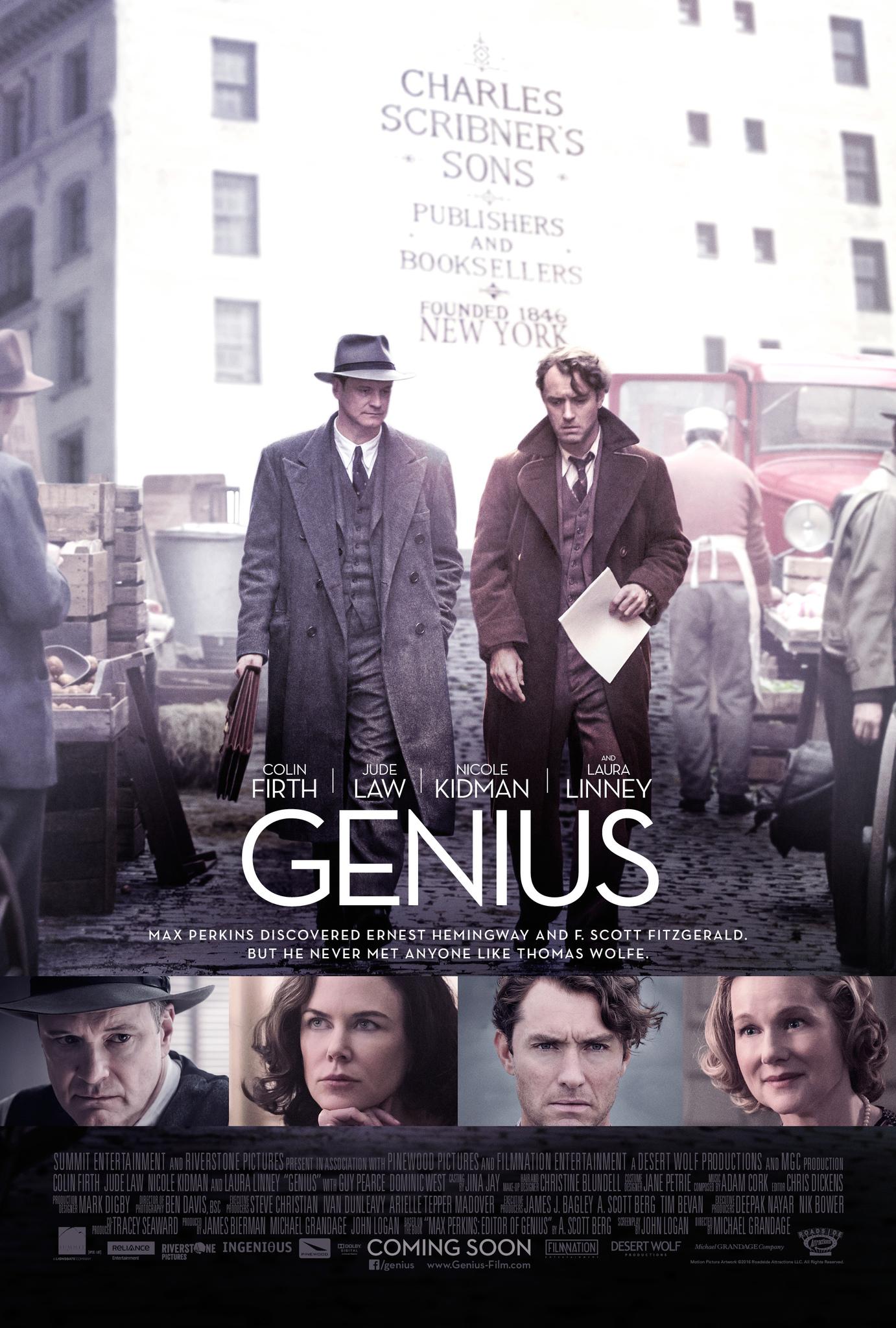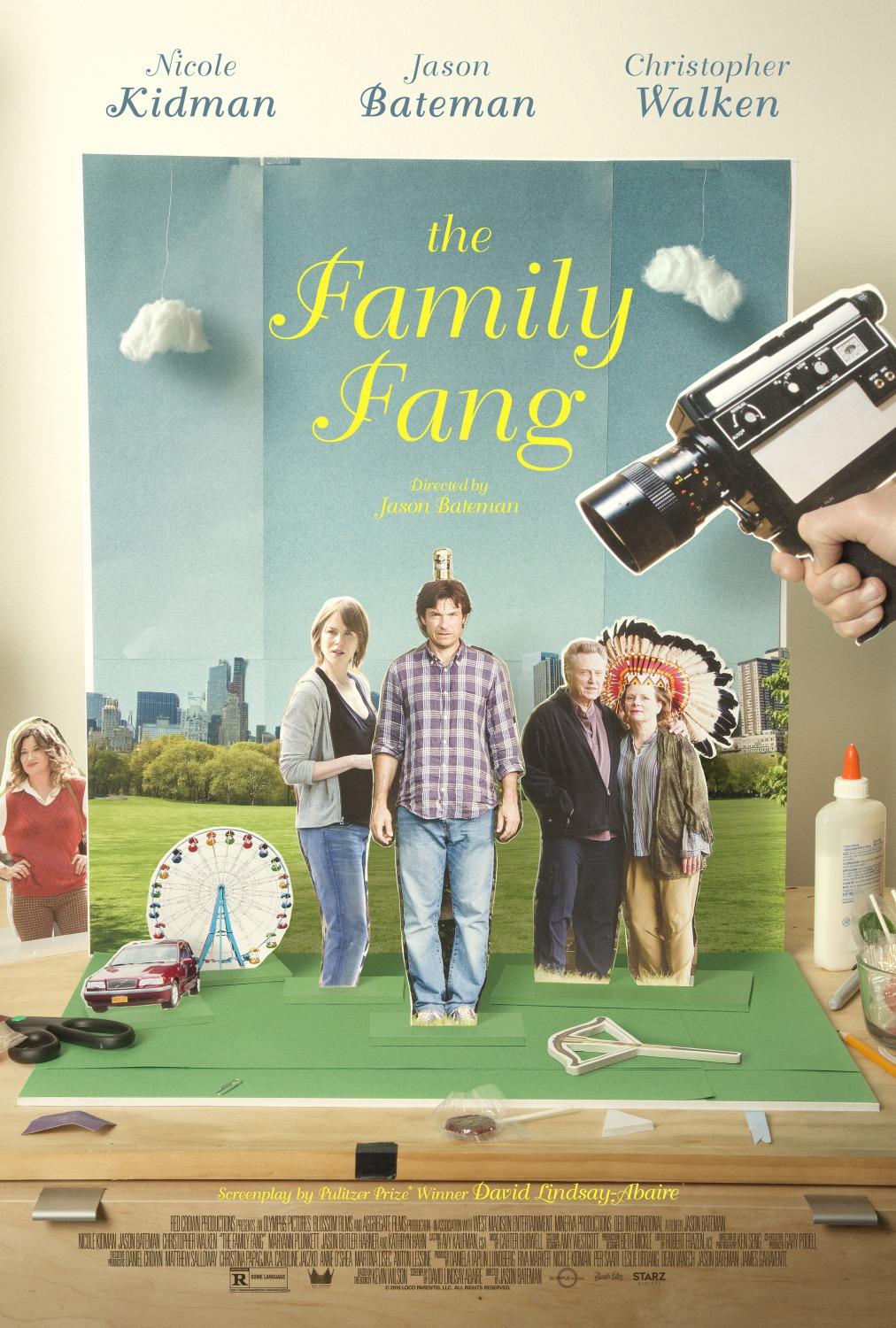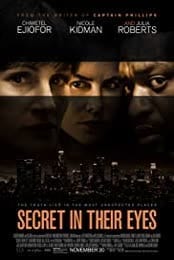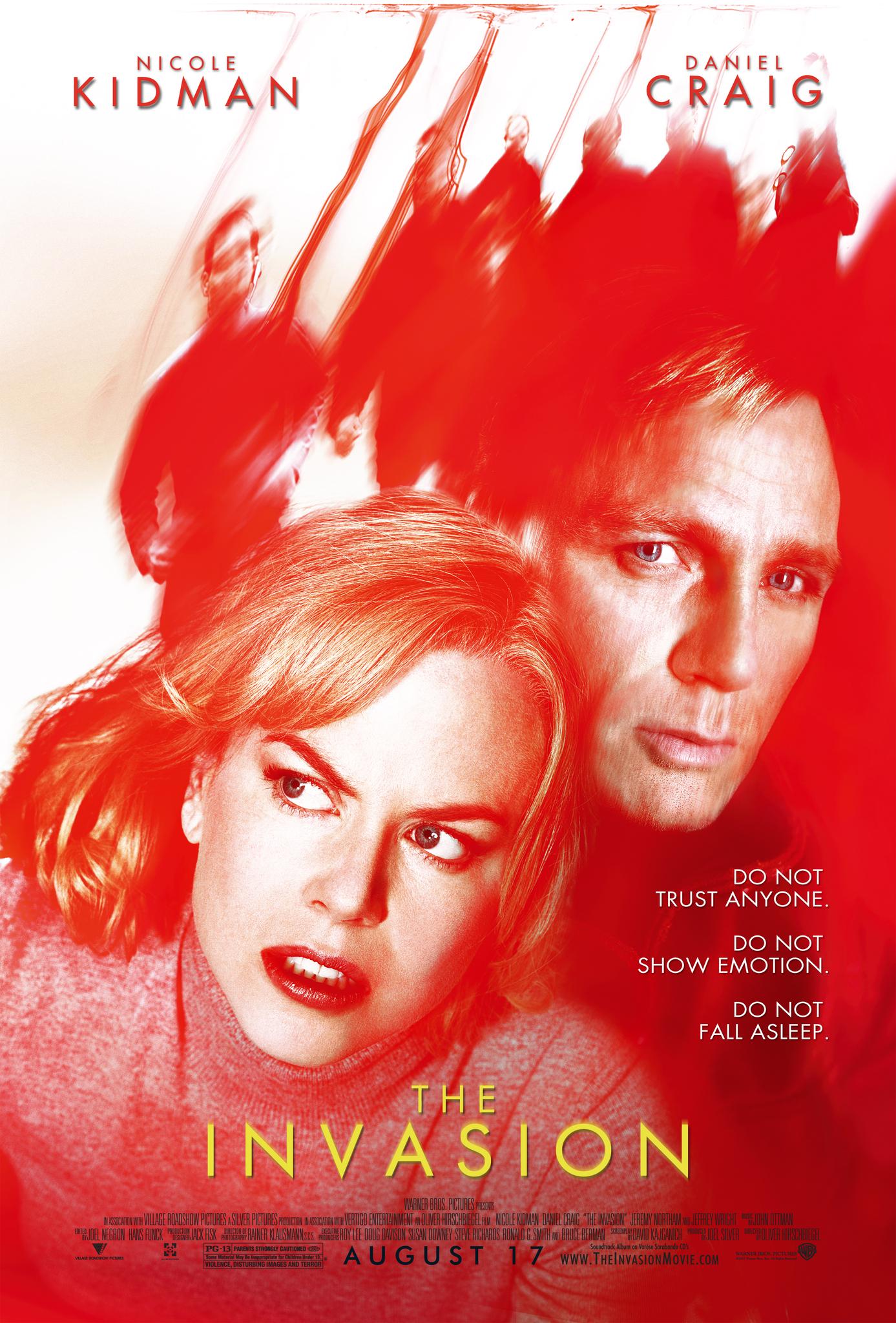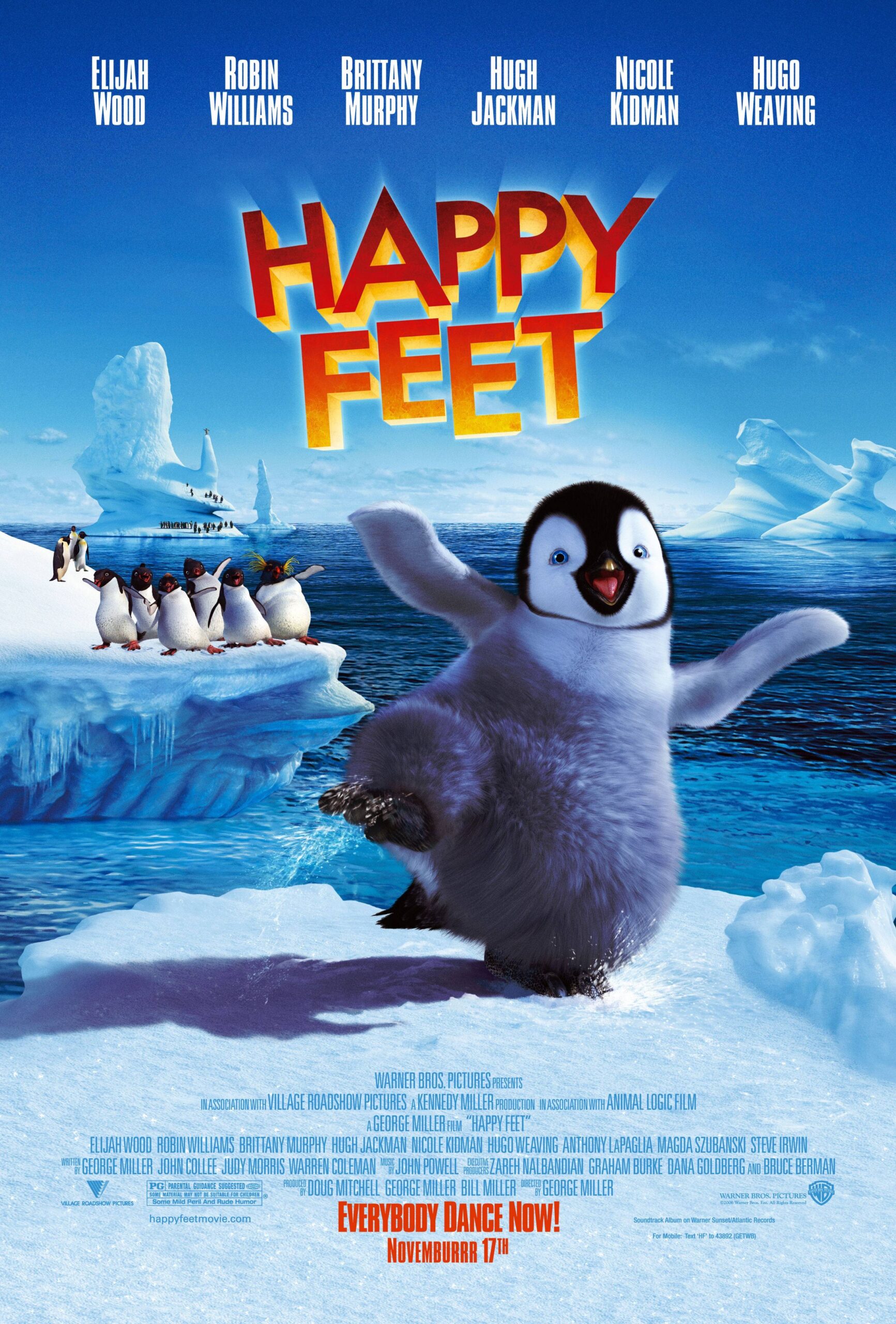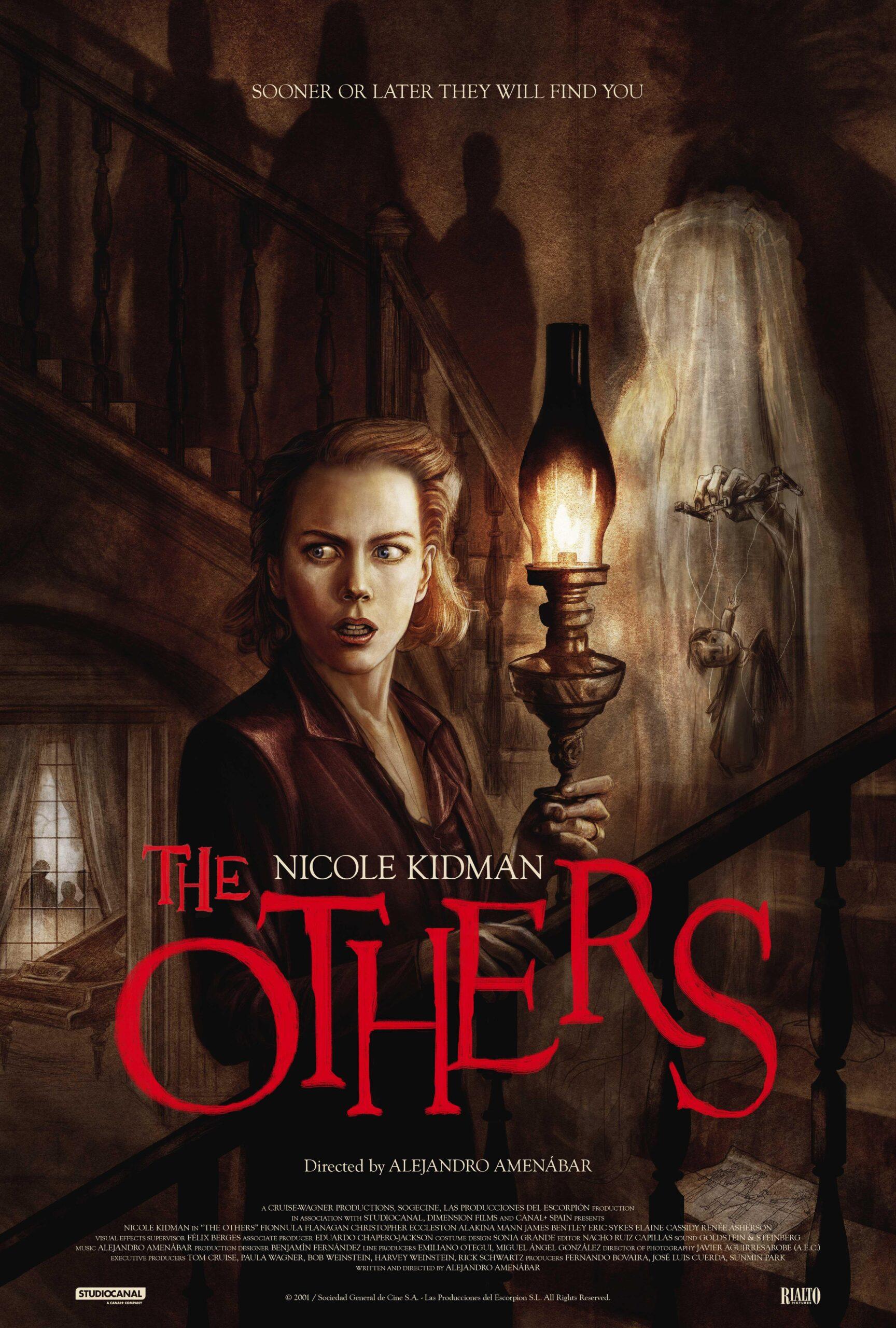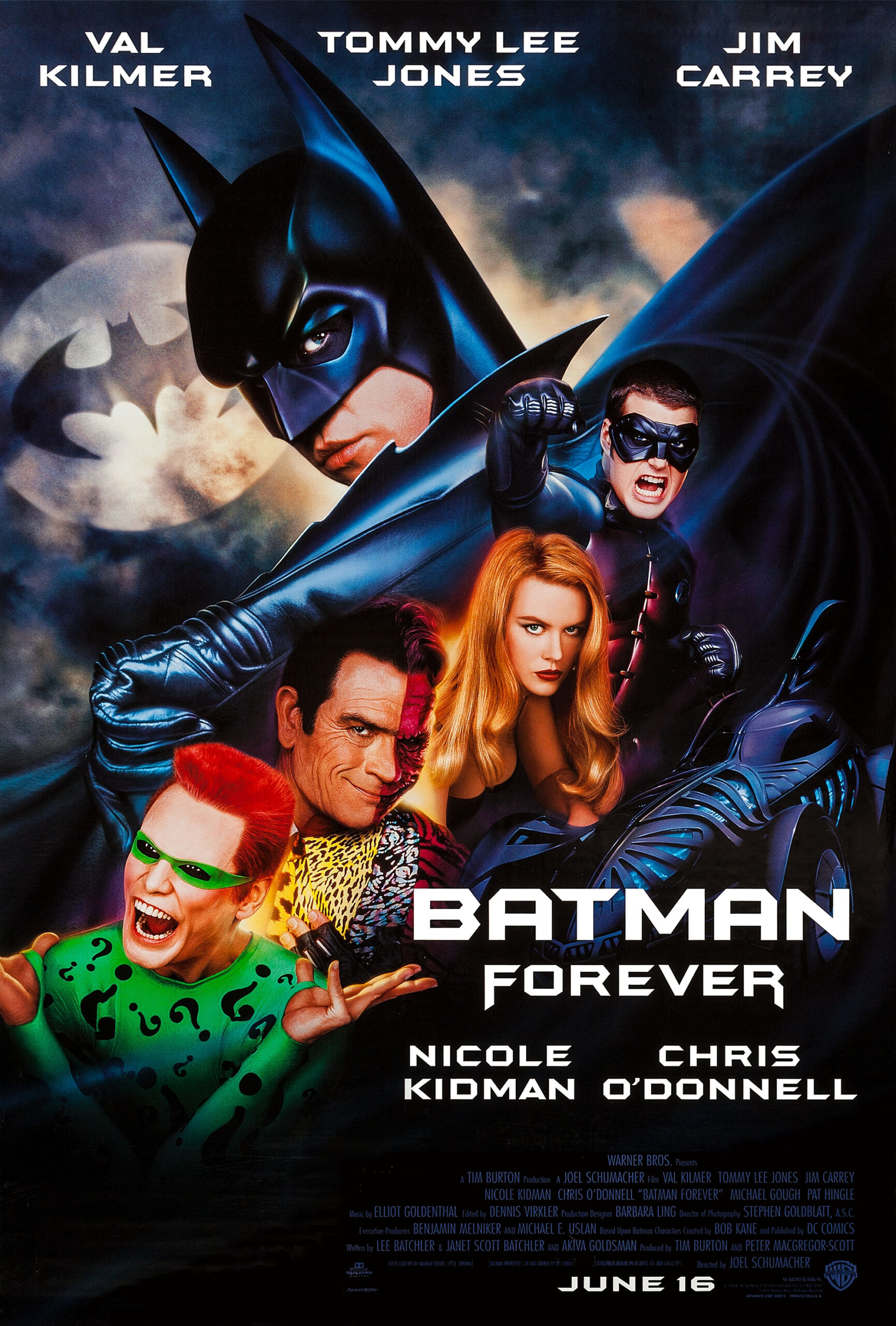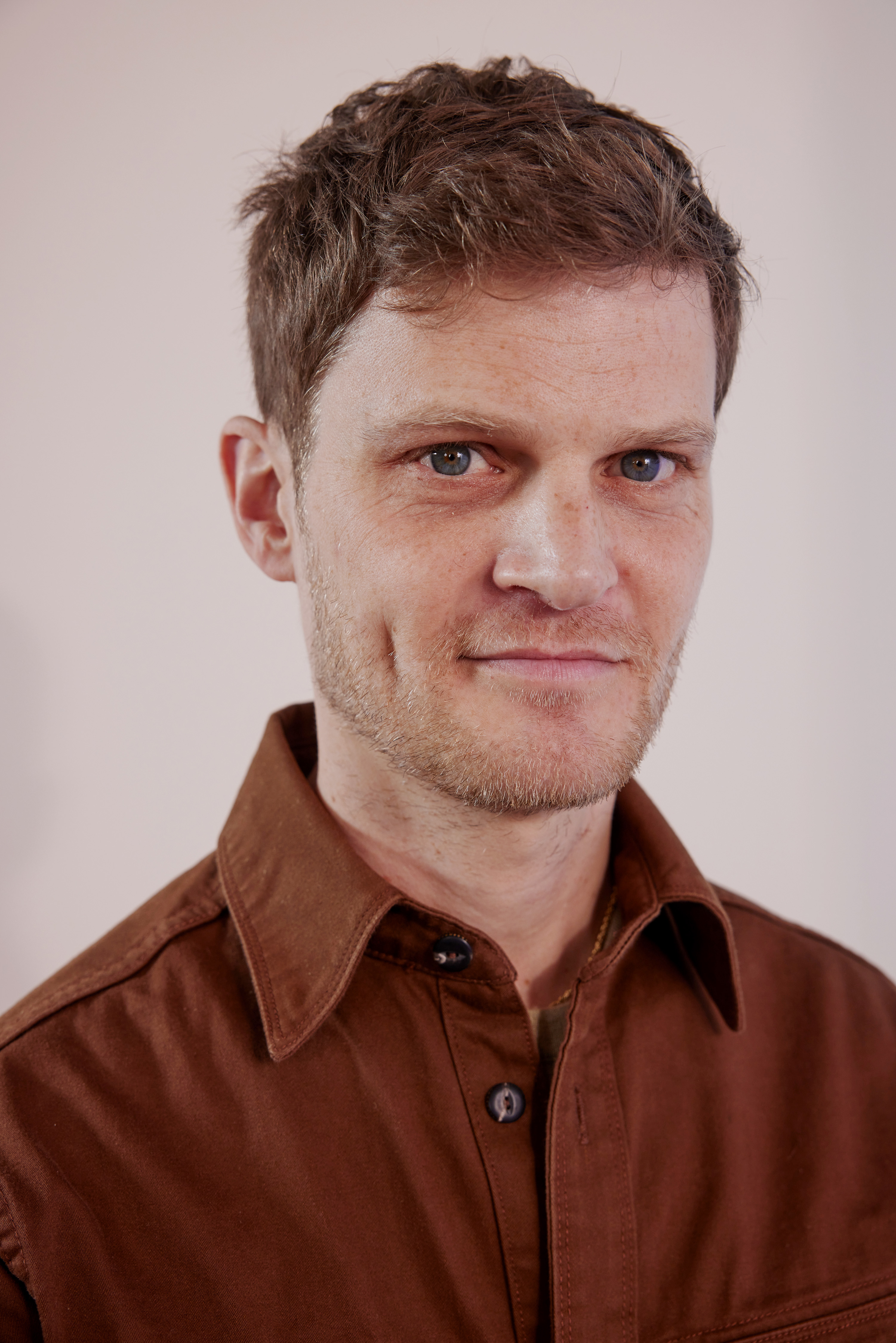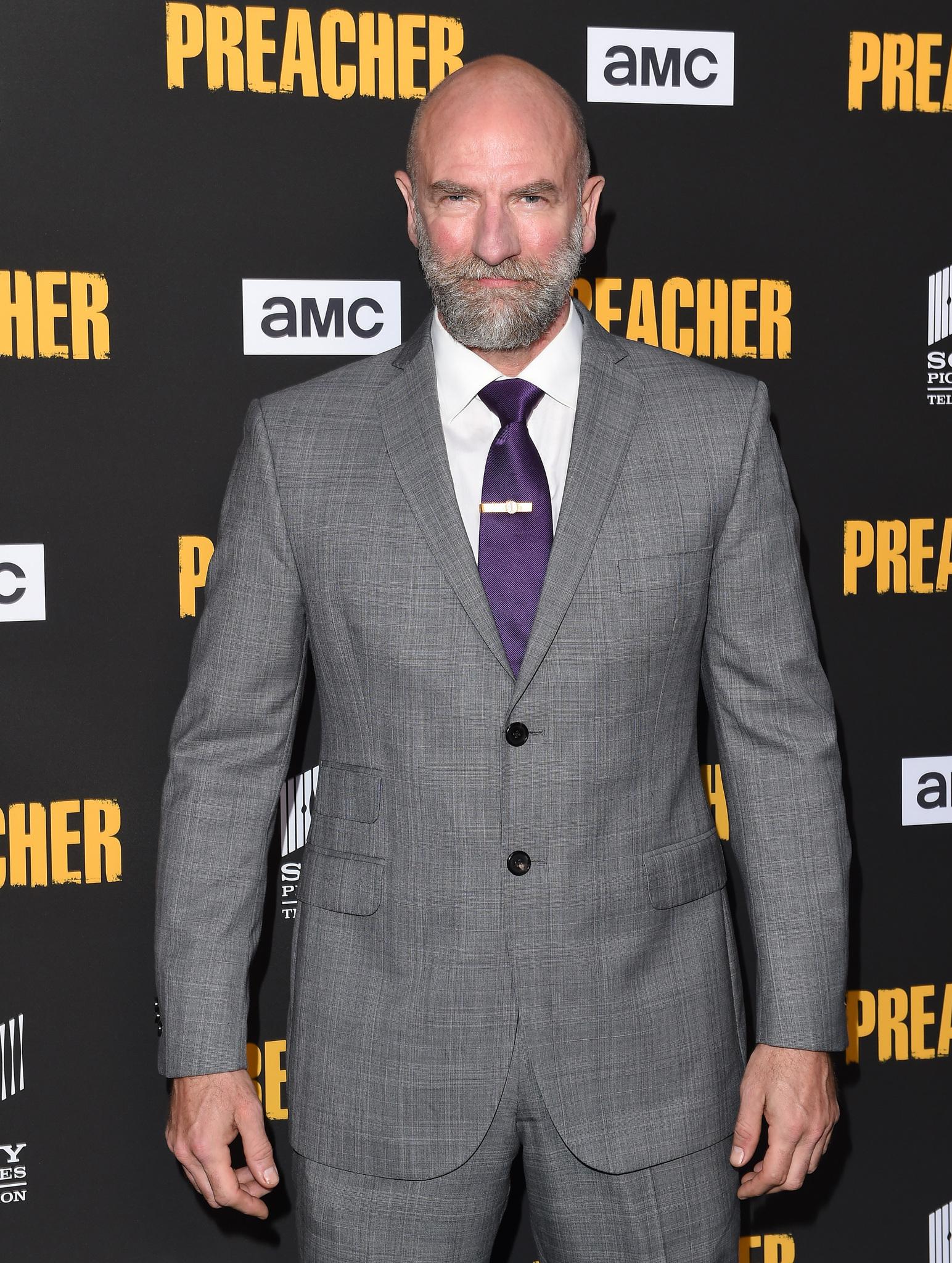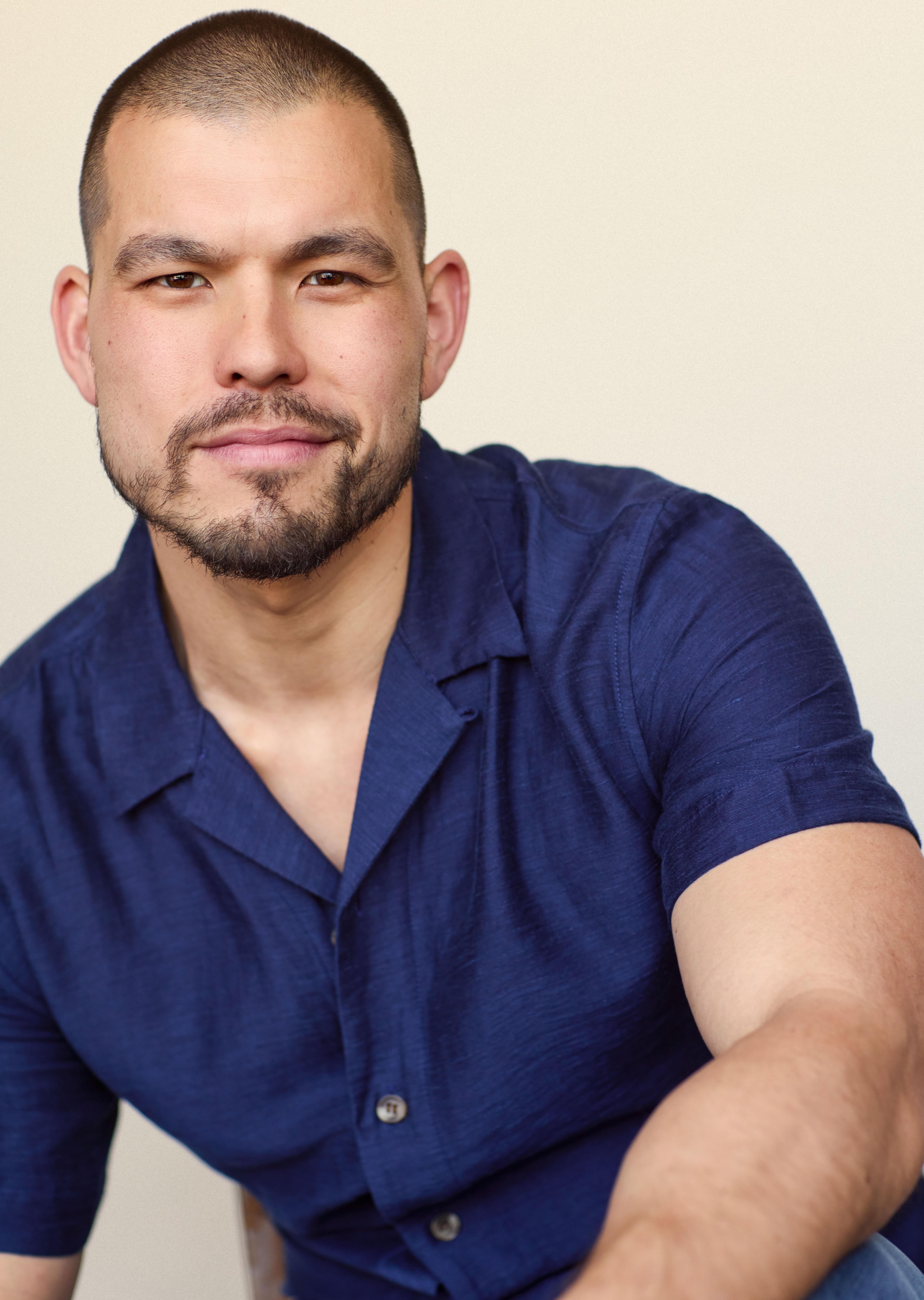
Nicole Kidman
Birthdate: Jun 20, 1967
Birthplace: Honolulu, Hawaii, USA
In an era that marks the waning power of the movie star, Nicole Kidman (birthname: Nicole Mary Kidman) harkens back to a previous time when movie stars defined the public’s perception of Hollywood. Kidman’s stardom, however, has proven durable for four decades because it is linked—in a way that makes her comparable to classical Hollywood’s best female star actors such as Bette Davis and Katherine Hepburn—to an intensely serious commitment to the art of acting. The key to distinguishing Nicole Kidman’s approach from standard movie “stars” is that she has always considered herself a character actor who allows the specific role to define the performance.
This is complicated by the combined qualities of Kidman’s highly publicized, glamorous profile and her stylized acting method, which often uses a mask of behavior to both conceal and reveal the character she’s playing. In this way, Nicole Kidman almost uniquely combines traditional Hollywood movie stardom with the British tradition of “outside-in” acting. “Almost,” since Kidman shares this complicated profile and method with fellow lauded female Australian actors Naomi Watts (a former classmate) and Cate Blanchett.
Nicole Kidman’s career is so extensive that it can be broken down into phases, which range from working strictly within the Australian system to her recent robust embrace (as star and producer) of streaming TV’s ability to flu translate novels to the screen. In Australia in the 1980s, she worked widely in movies and TV, capped with her stunning performance in Dead Calm (1989) under Philip Noyce’s direction, opposite Sam Neill and Billy Zane. Kidman was cast by director Tony Scott as the love interest of Tom Cruise in Days of Thunder (1990), launching her international career.
Her choices in the 1990s reflected a sophisticated taste and strategic career aims, combining serious drama and auteur cinema (Robert Benton’s Billy Bathgate (1991), Gus Van Sant’s To Die For (1995), Jane Campion’s The Portrait of a Lady (1996)) with commercial vehicles which, generally, scored at the box office. These included Ron Howard’s Far and Away (1992) with Cruise; Malice (1993) with Alec Baldwin; My Life (1993) with Michael Keaton; Batman Forever (1995), opposite Val Kilmer; and The Peacemaker (1997) with George Clooney.
Stanley Kubrick’s final movie, Eyes Wide Shut (1999) marked a turning point for Nicole Kidman, as well as her third and final co-starring role with Cruise. Because of the time spent on production in the London area, a trademark of Kubrick’s exploratory process with actors, Kidman was not only able to investigate acting at a less-rushed, intimate, and deeper level, but she also had time to take on the lead role in one of her first professional stage plays, David Hare’s The Blue Room, which earned her an Olivier Award nomination for best actress. Despite censorship controversies and unfounded rumors circulating, Eyes Wide Shut, Nicole Kidman emerged as a demonstrably greater actor, now taking on a wide range of supremely difficult assignments.
These included: Baz Luhrmann’s stylized musical, Moulin Rouge! (2001) with Ewan McGregor; Alejandro Amenábar’s horror period film, The Others (2001); and startling, transformational performance as author Virginia Woolf in Stephen Daldry’s The Hours (2002), which earned her a bevy of awards and nominations, including the Best Actress Oscar.
She followed this triumph with a remarkable trifecta in 2003: A lead in the ensemble of Lars von Trier’s dark, theatrical drama, Dogville (with the fairly mind-blowing cast of Ben Gazzara, Harriet Andersson, Paul Bettany, Lauren Bacall, James Caan, Patricia Clarkson, Stellan Skarsgård, Udo Kier, Chloë Sevigny, and Jeremy Davies); Philip Roth’s The Human Stain, with Anthony Hopkins; and another ambitious novel adaptation, Anthony Minghella’s version of Charles Frazier’s classic Civil War novel, Cold Mountain, with Jude Law and Renée Zellweger.
Nicole Kidman’s taste for striking, unique roles reached a peak in 2004 with Jonathan Glazer’s brilliant and disturbing mother-son drama, Birth, for which she earned a seventh Golden Globe nomination. Her run of remarkable movies slowed down considerably after this but did contain some box-office hits, like George Miller’s animated Happy Feet (2006, in one of her first voice roles), Baz Luhrmann’s Australia (2008) with Hugh Jackman; and Rob Marshall’s Nine (2009) with Daniel Day-Lewis, Penélope Cruz, Marion Cotillard, Judi Dench, and Fergie.
Striking out as a producer, Nicole Kidman scored well with Rabbit Hole (2010), with Aaron Eckhart, earning her an Oscar, SAG, and Golden Globe Best Actress nominations. This, plus her first HBO project, Hemingway & Gellhorn (2012), with Clive Owen, anticipated Kidman’s recent push into producing and sustained focus on long-form cable and streaming productions.
This began in earnest in 2017 with HBO’s acclaimed Big Little Lies, which Nicole Kidman helped spearhead as executive producer and (Emmy-winning) star, but was preceded by the cinematic triumph of Lion (2016), earning her a first Best Supporting Actress Oscar nomination, and her eleventh Globe nomination overall. Kidman’s recent output hasn’t included many blockbusters but is replete with fascinating performances in interesting and demanding movies, including Yorgos Lanthimos’ The Killing of a Sacred Deer (2017) and Sofia Coppola’s Civil War drama, The Beguiled (2017), both of which co-star Colin Farrell, as well as Karyn Kusama’s Destroyer (2018), in possibly Nicole Kidman’s harshest and most physically demanding role.
Some projects that would have seemed surefire hits, such as Trespass (2011), with Nicolas Cage, and Donna Tartt’s The Goldfinch (2019), with Ansel Elgort, proved disappointments, but the general track record of Nicole Kidman’s work for the movies and cable/streaming displays an exemplary balance of artistic and commercial success.
This is demonstrated in two recent performances by Nicole Kidman playing real-life stars of television: Fox News's Gretchen Carlson in Bombshell (2019) and Lucille Ball in Aaron Sorkin’s Being the Ricardos (2021), with Javier Bardem and J.K. Simmons. Reflecting the studios’ taste for franchise action tentpoles, Kidman is also diving headfirst into big-scale, brawny entertainments, such as Robert Eggers’ Viking adventure, The Northman (2022) with Alexander Skarsgård, Anya Taylor-Joy, and Ethan Hawke, and Aquaman and the Lost Kingdom (2023) with Jason Momoa, Yahya Abdul-Mateen II, and Patrick Wilson.
Kidman starred in director/writer/producer Halina Reijn’s erotic drama, Babygirl (2024), co-starring Harris Dickinson, Sophie Wilde, and Antonio Banderas, released by A24 after premiering in competition at the Venice Film Festival, where Kidman won the Best Actress Volpi Cup. Kidman then starred in and produced the Mimi Cave-directed thriller, Welcome to Holland (2025), written by Andrew Sodroski and co-starring Gael Garcia Bernal, Matthew Macfadyen, Jude Hill, and Rachel Sennott, and released by Amazon MGM Studios.
However, Nicole Kidman’s future may point toward a greater artistic focus on the storytelling potential of long-form television, with the success of Susanne Bier’s The Undoing for HBO (Kidman, again, as star and executive producer), Hulu’s Nine Perfect Strangers (with producer Kidman again working on an adaptation of a Liane Moriarty novel), and Lulu Wang’s Hong Kong-based ensemble drama, Expats, for Amazon, with Brian Tee and Jack Huston.
Kidman is serving as producer for David E. Kelley’s HBO series, Love and Death (2022); Taylor Sheridan’s Lioness, with Zoe Saldana, for the Paramount Network; and a slated third series project with author Liane Moriarty and co-producer, Reese Witherspoon, the Australian domestic drama, Truly Madly Deeply, based on Moriarty’s 2016 novel.
Nicole Kidman Photos and Videos
Personal life
Nicole Kidman was born to Australian parents Janelle Ann Kidman and author/biochemist/clinical psychologist Antony Kidman in Honolulu, Hawaii where the couple was living on student visas. As a result, Kidman has been a dual Australian/U.S. citizen from birth. Kidman’s younger sister is Australian TV host/journalist Antonia Kidman. Her family moved from Honolulu to Washington, D.C., and then to Sydney, Australia, where Kidman attended public schools. Although ballet was her first passion, Nicole Kidman shifted toward acting as an outlet for her to overcome her shyness.
Her teenage experiences acting at the Australian Theatre for Young People and the Phillip Street Theatre (with fellow student Naomi Watts, and with additional encouragement from then-film student Jane Campion) prompted her to leave high school before graduation. Kidman had relationships with Australian actor Marcus Graham and Canadian-Australian actor/singer Tom Burlinson, before meeting Tom Cruise, her co-star on Tony Scott’s Days of Thunder (1990).
Kidman and Cruise were together for eleven years, in one of the world’s most publicized marriages, until a 2001 divorce that eventually revealed shocking details of intervention by Cruise’s “auditor” in the Church of Scientology. Kidman and Cruise had adopted Isabella and her son Connor. In 2003, Nicole Kidman was engaged to singer Lenny Kravitz, which was subsequently broken off, and then dated rapper Q-Tip, before matching up with yet another musician—country star Keith Urban—whom Kidman married in 2006. Two years later, the couple gave birth to a daughter Sunday, and two years later, to a daughter Faith Margaret. Consistently ranked over recent decades as one of the highest-paid actors, Nicole Kidman’s net worth is estimated at $250 million*. Her height is 5’ 11”.
Known For
Nicole Kidman Movies
actor
Previous (81)
Facts About Nicole Kidman
Star from Birth: Being Hawaiian by birth, Nicole Kidman was given the Hawaiian name “Hōkūlani,” translated as “heavenly star.”
Childbirth Challenges: Kidman suffered from an ectopic miscarriage during her first childbirth with Tom Cruise, and then agreed to gestational surrogacy for her second daughter with Keith Urban.
Recording Star: Nicole Kidman claims a varied discography, including three singles (including tracks from the soundtrack of Moulin Rouge!), multiple singing appearances on other artists’ recordings (including those of husband Keith Urban), the EP disc Somethin’ Stupid, and the spoken word album, an audio recording of Virginia Woolf’s To the Lighthouse.
Career Honors: Nicole Kidman has received three special career honors: The 2012 Gala Tribute from the New York Film Festival; the 2014 Shanghai Film Festival’s prize for Outstanding Contribution to World Cinema; and the 70th Anniversary Prize at the Cannes Film Festival, a special prize created by the festival in 2017 to celebrate its 70th anniversary.
Frequently Asked Questions
What is Nicole Kidman’s full birth name?
When was Nicole Kidman born?
How tall is Nicole Kidman?
Who is Nicole Kidman married to?
Does Nicole Kidman have children?
Who are Nicole Kidman’s parents?
Does Nicole Kidman have siblings?
What is Nicole Kidman’s nationality?
What is Nicole Kidman’s ethnicity?
What movies and TV shows has Nicole Kidman appeared in?
What awards has Nicole Kidman won?
What is Nicole Kidman’s net worth?
Nicole Kidman News
People Also Searched For


